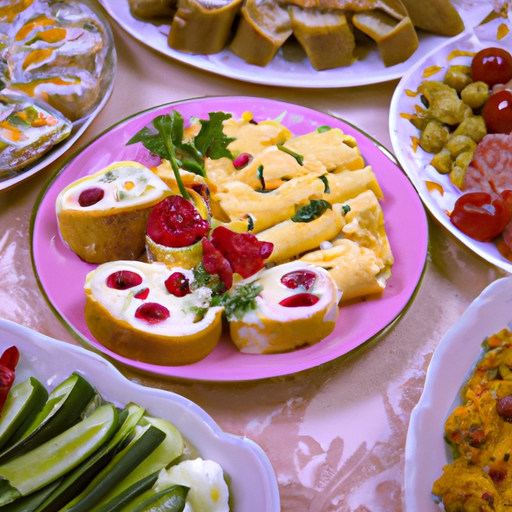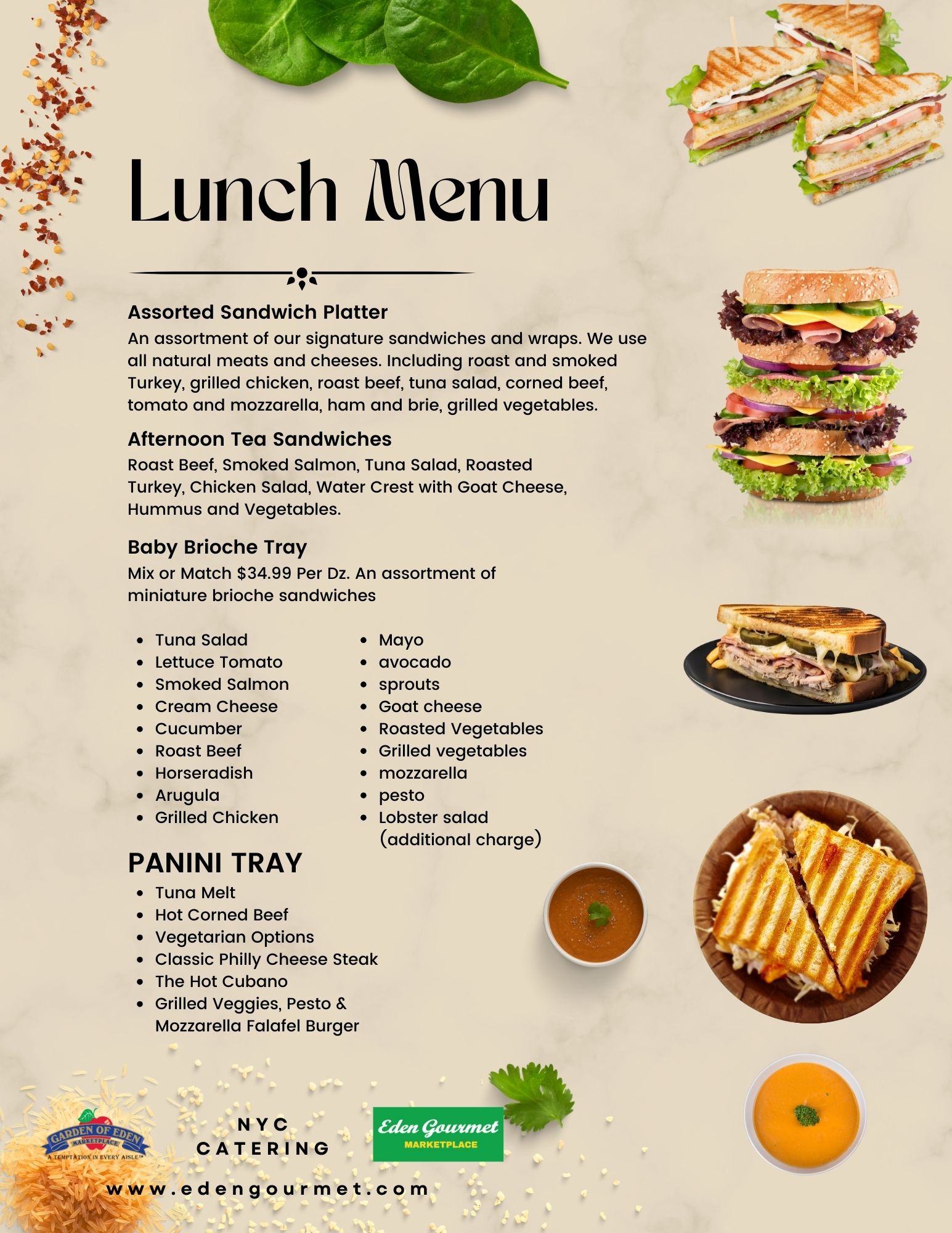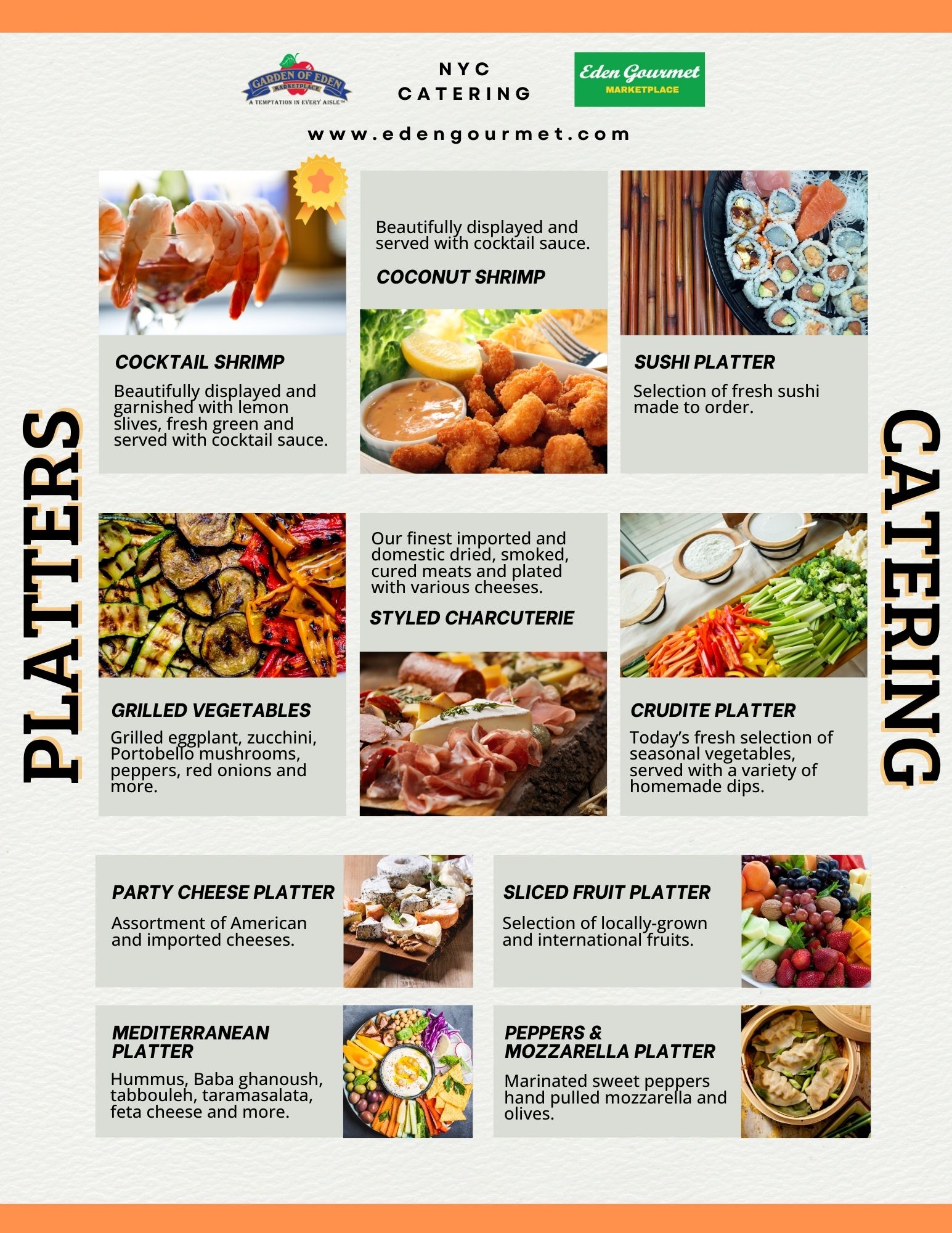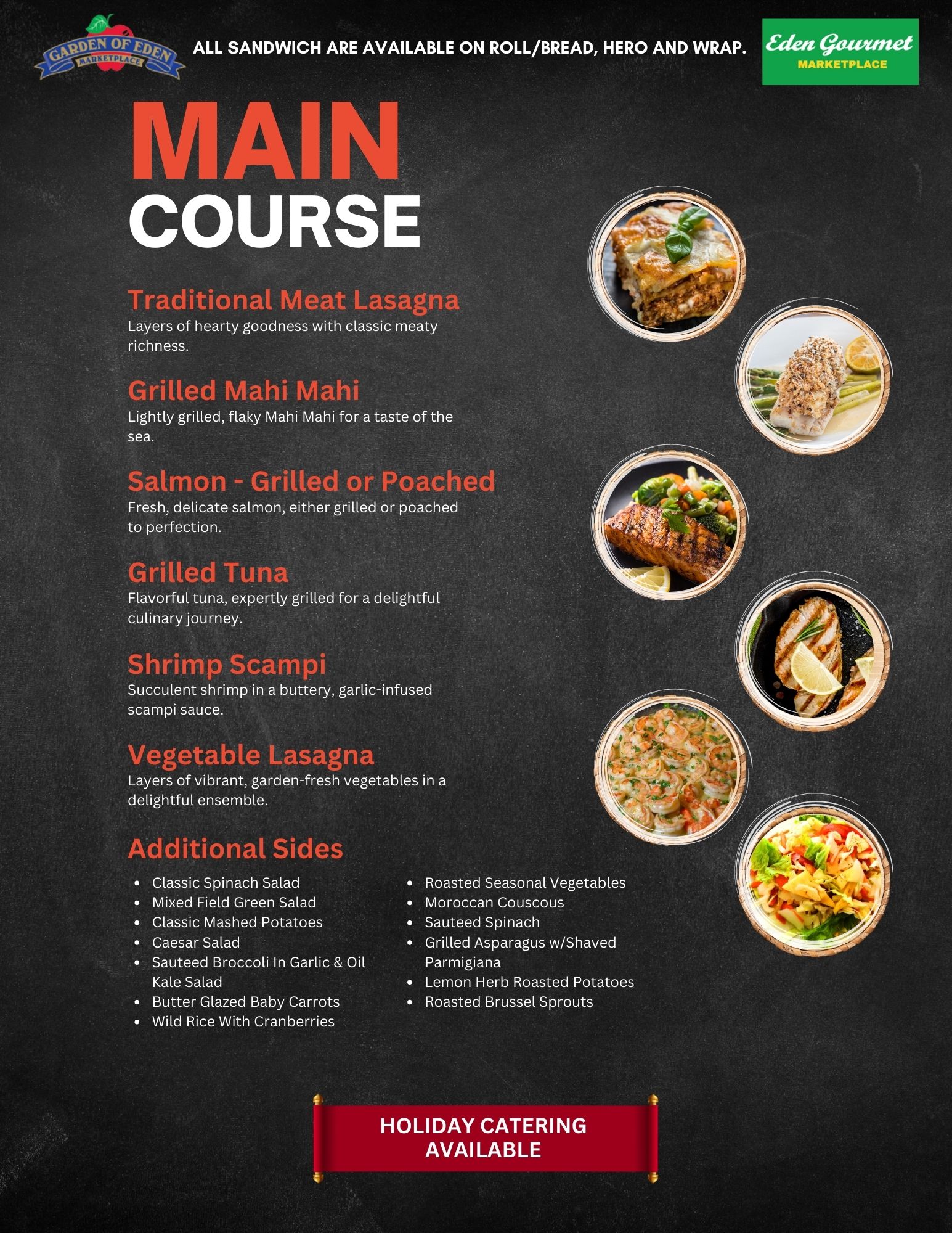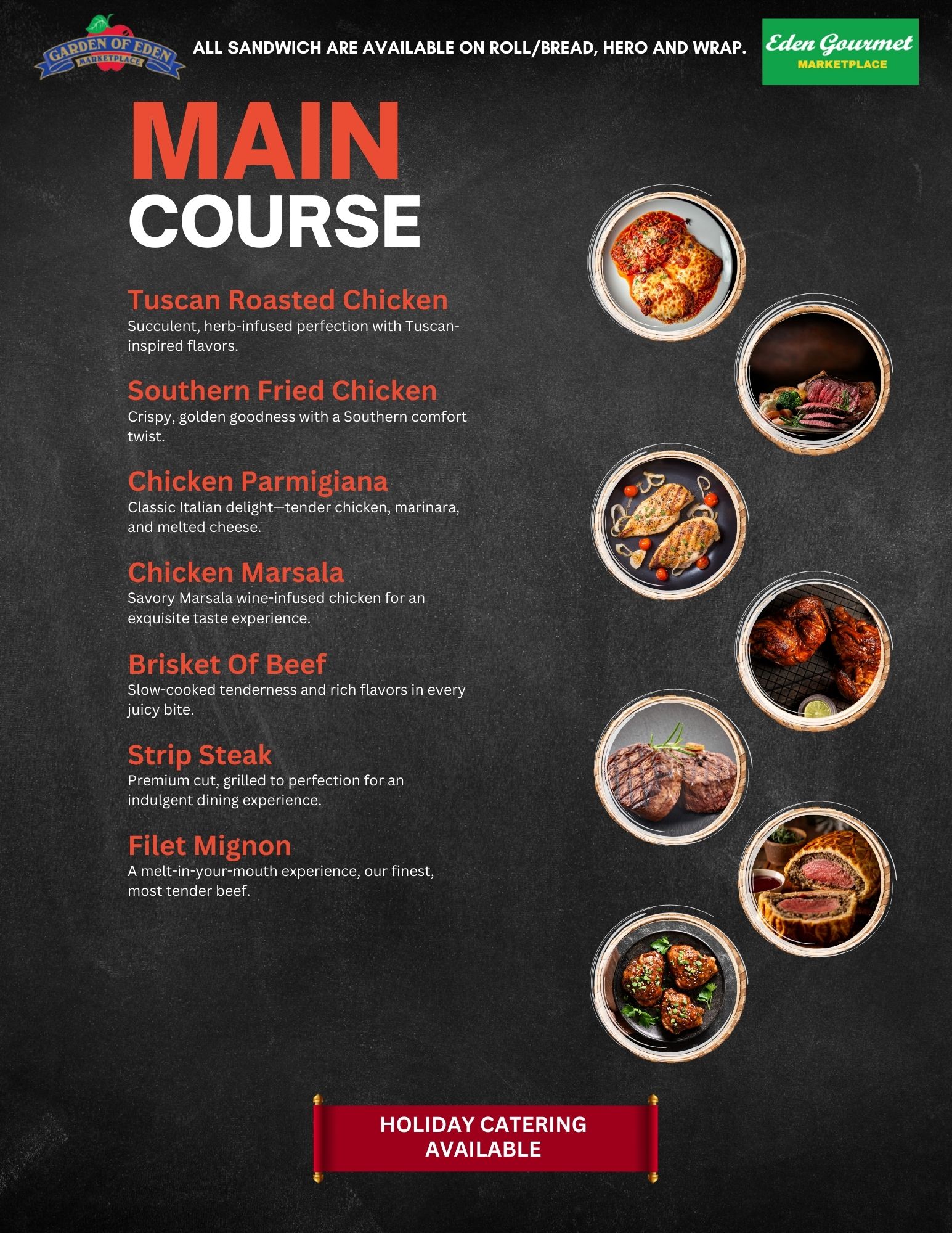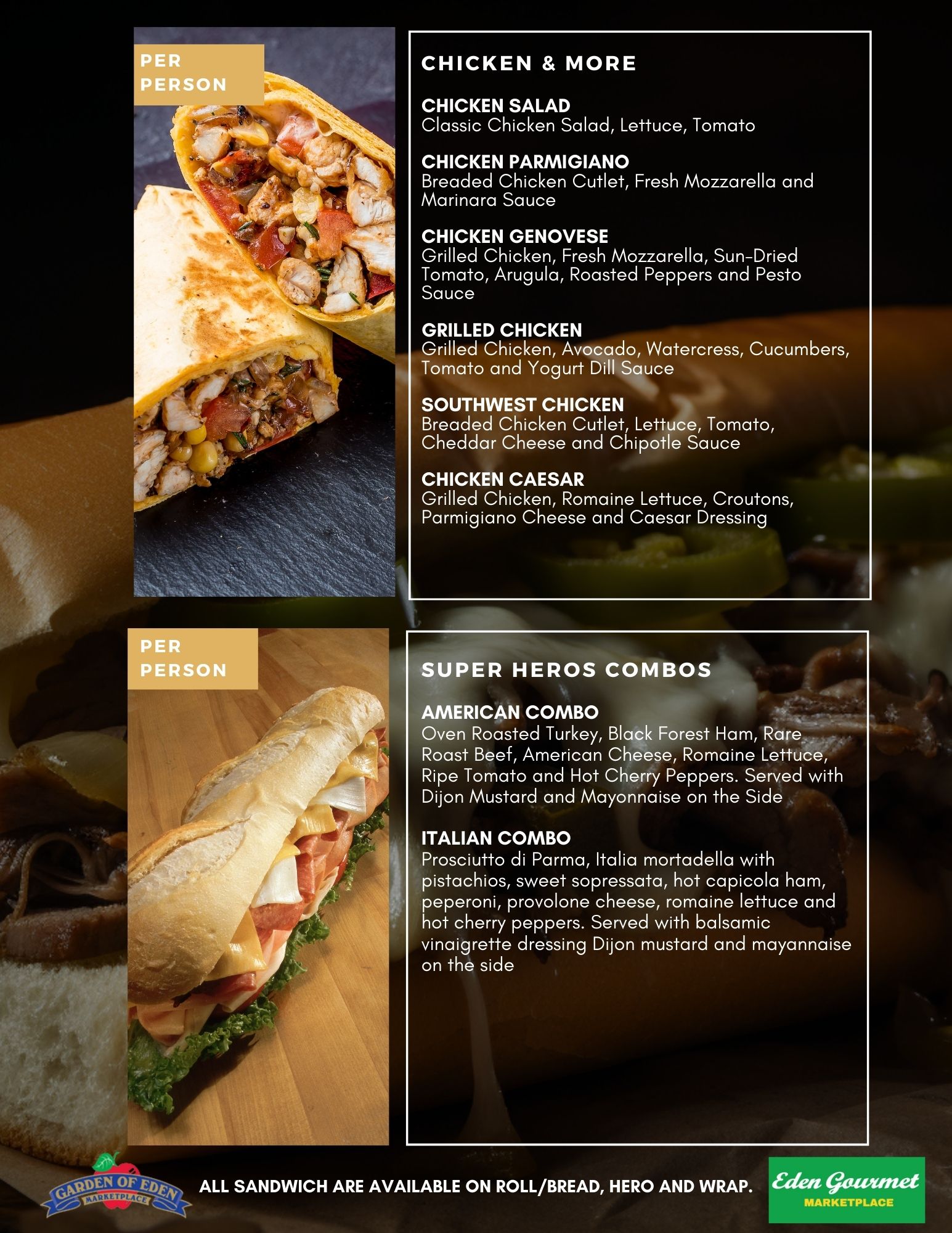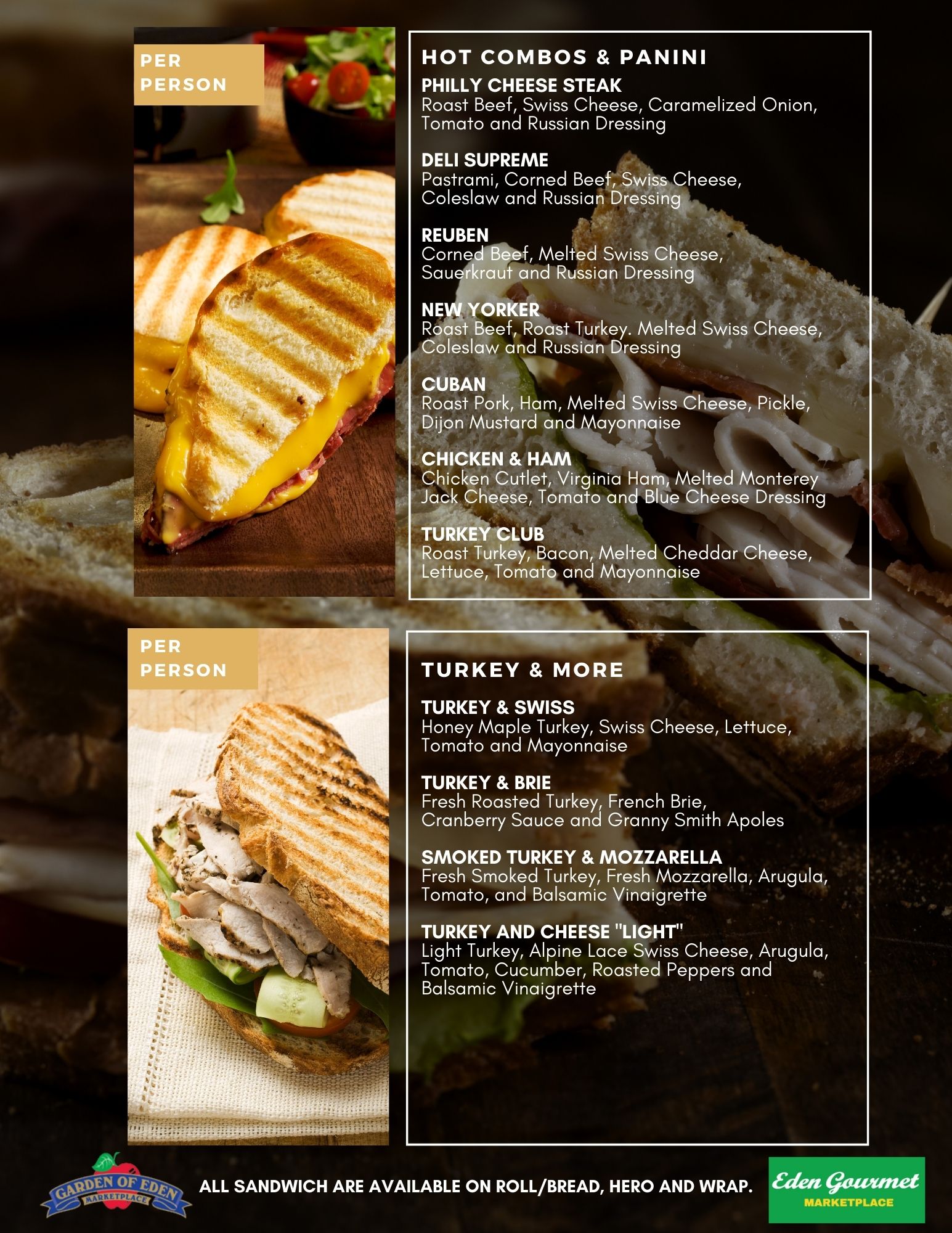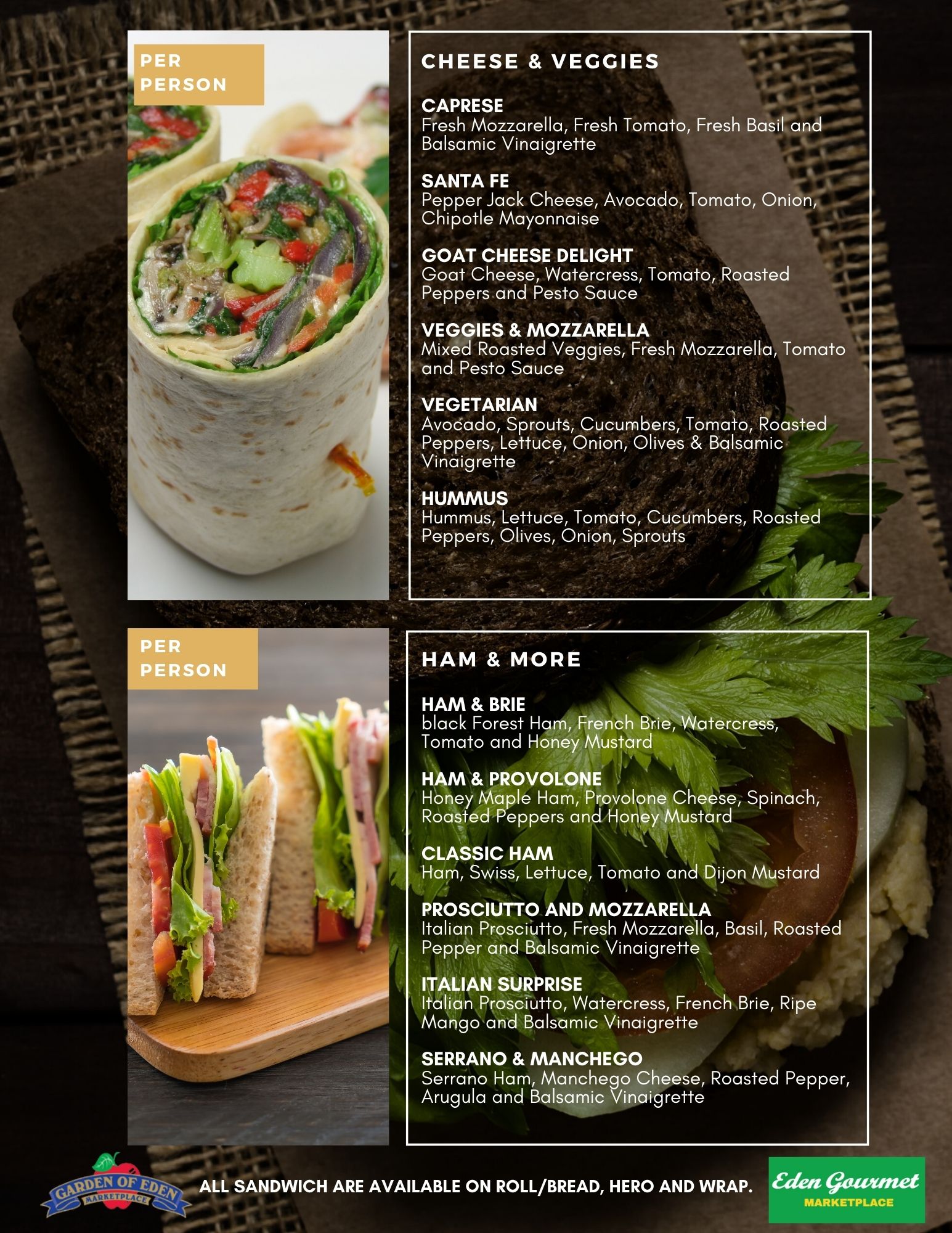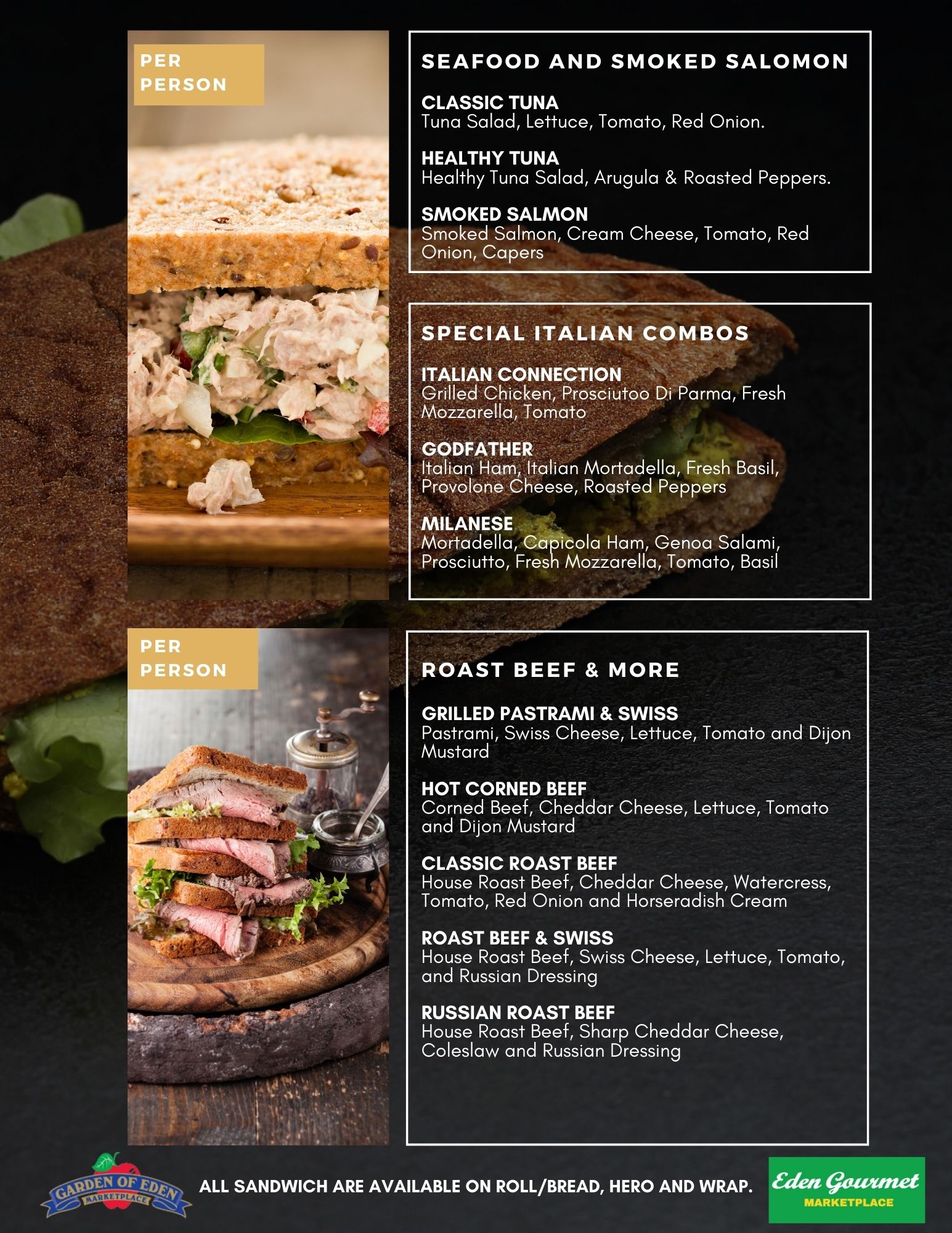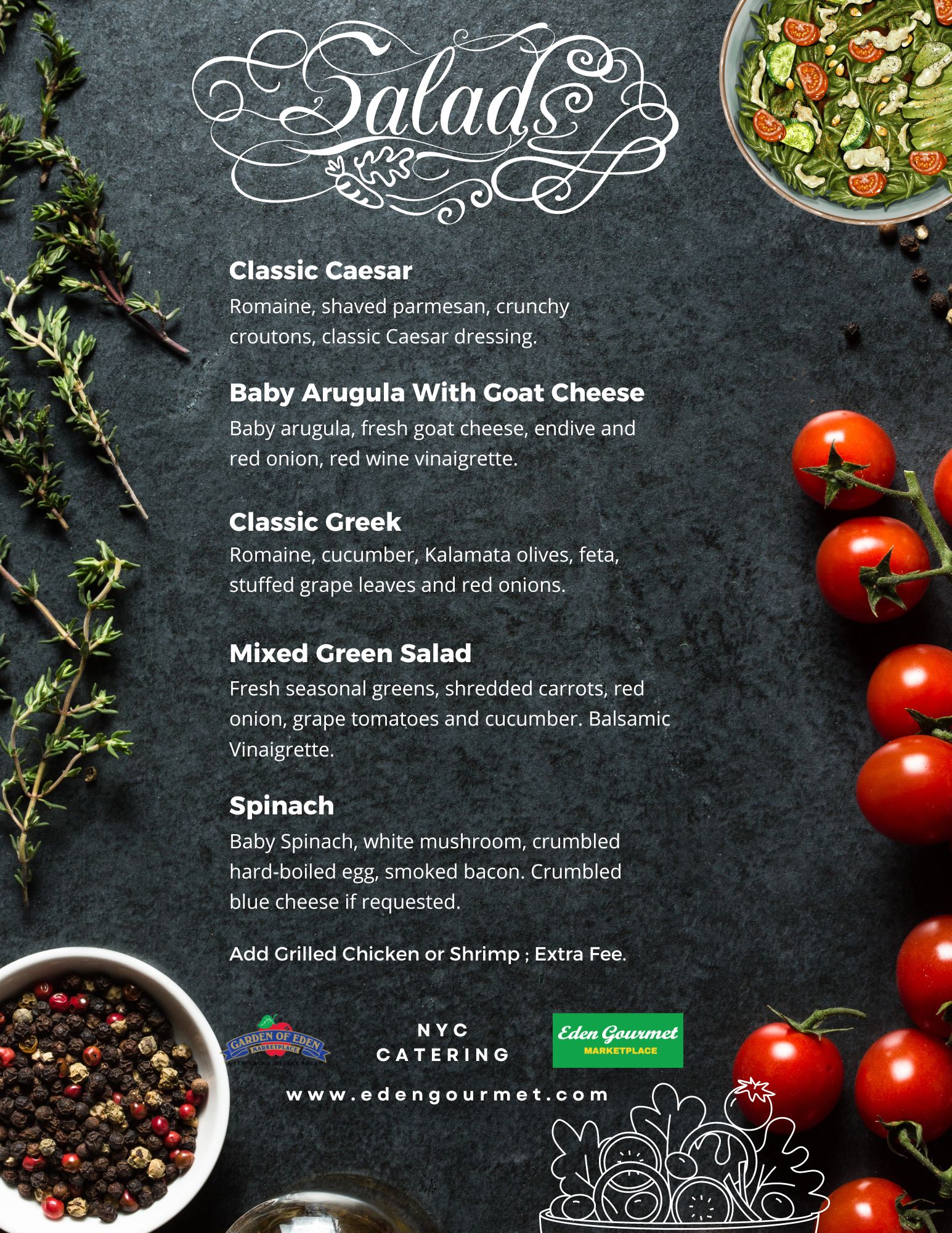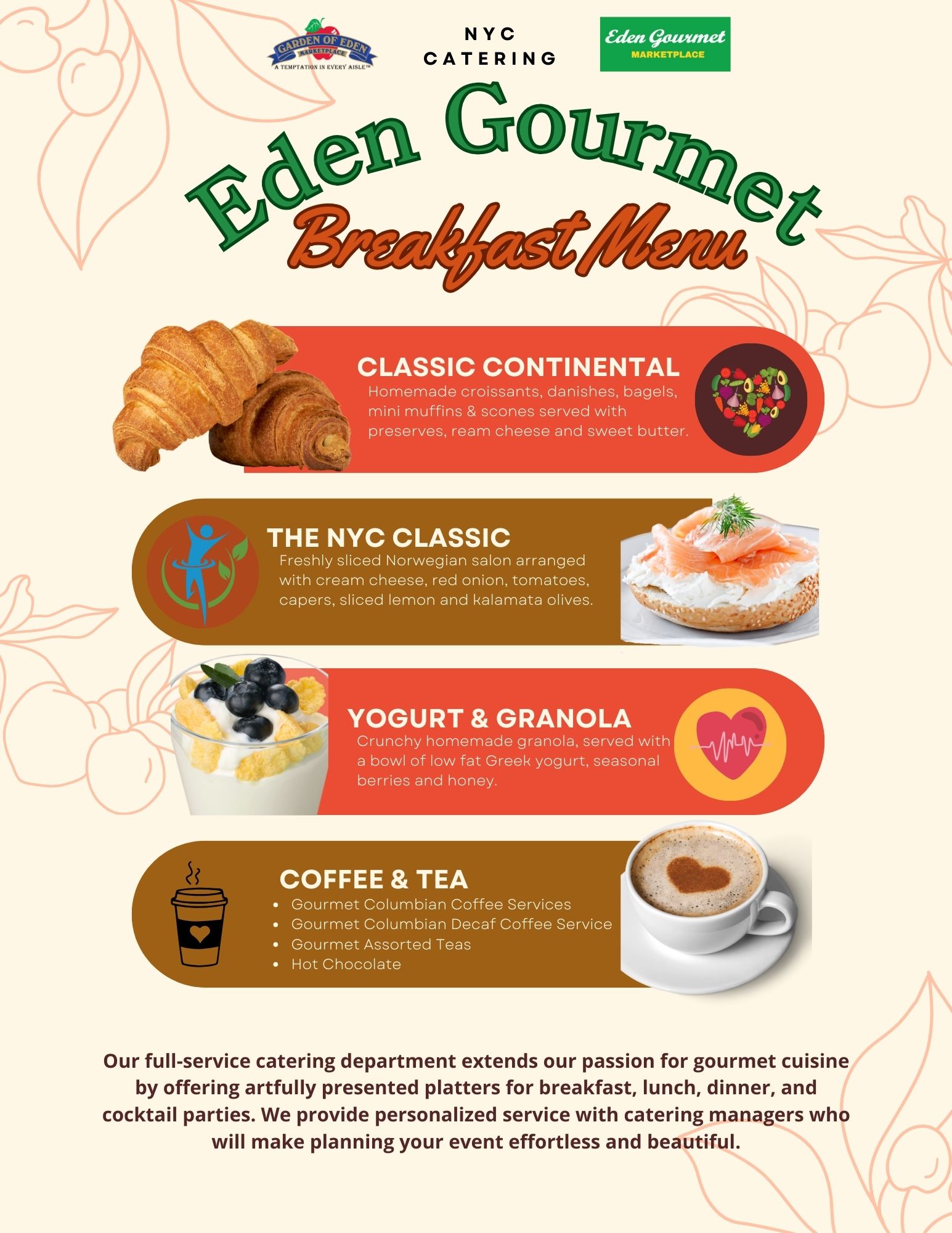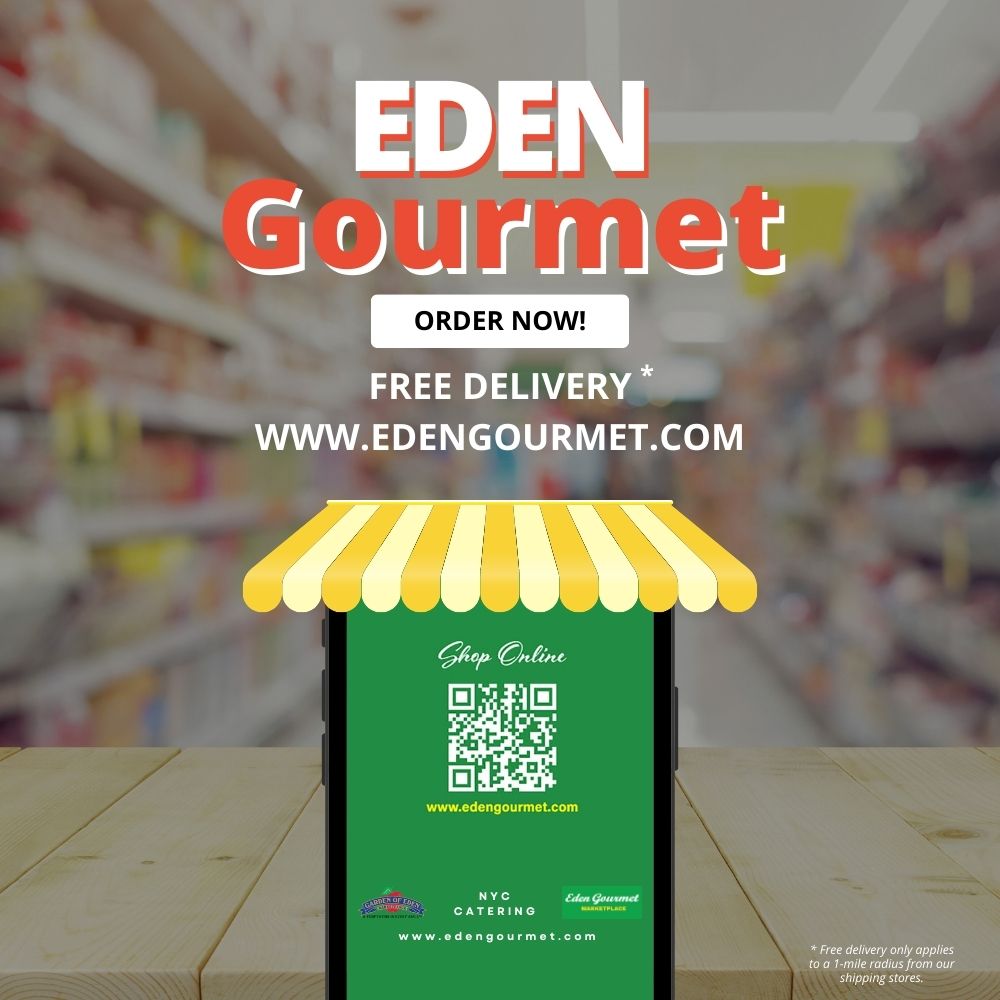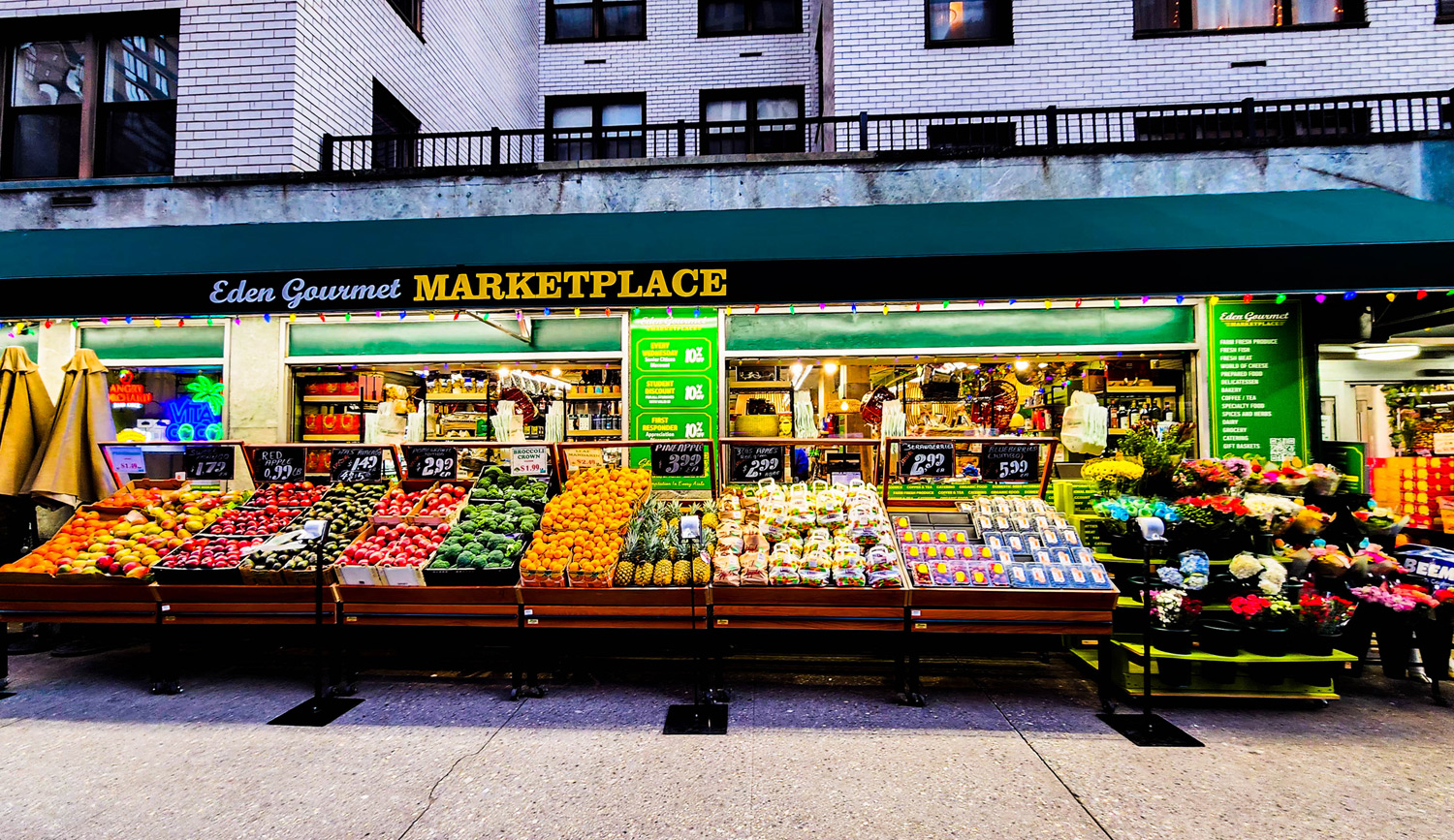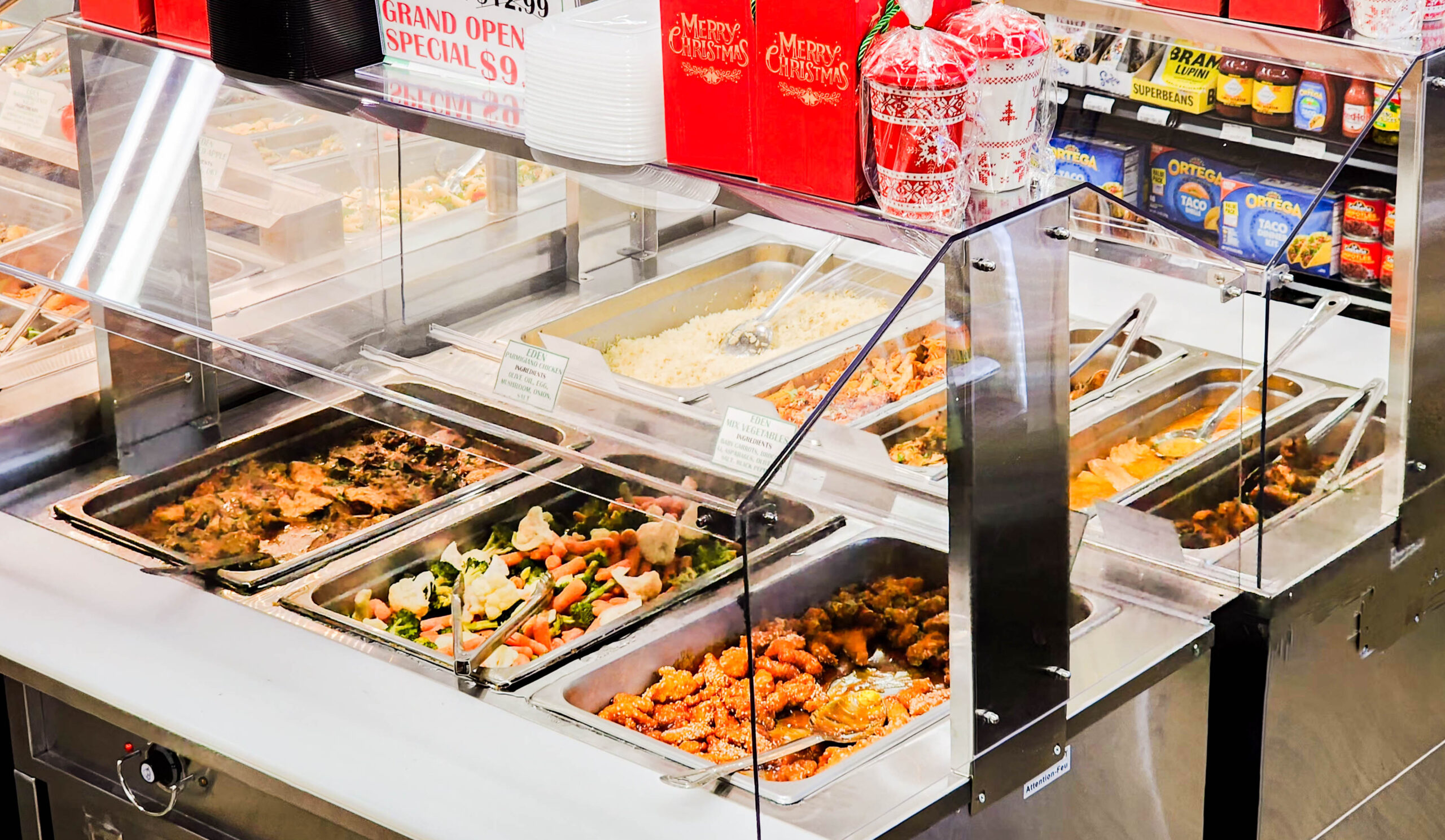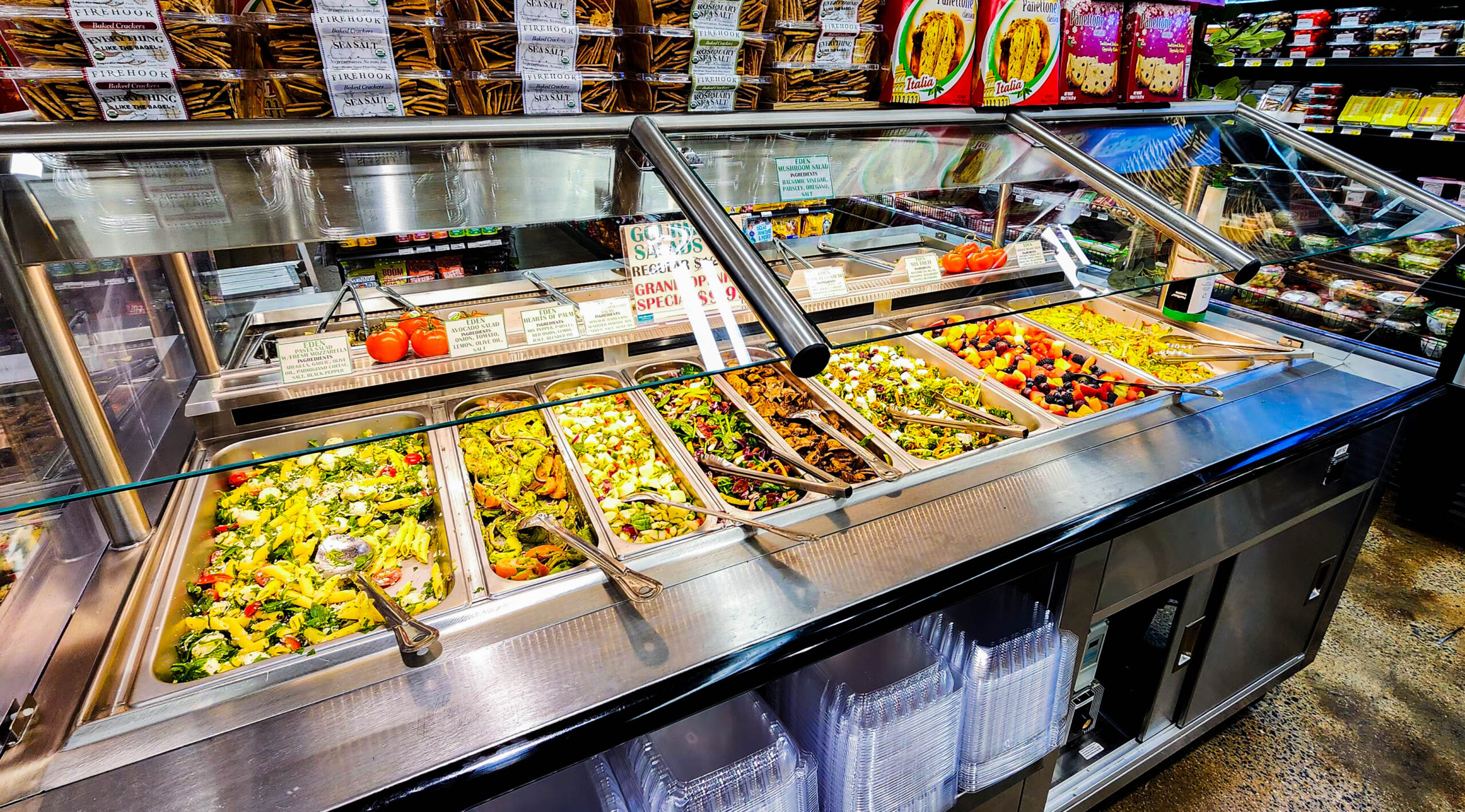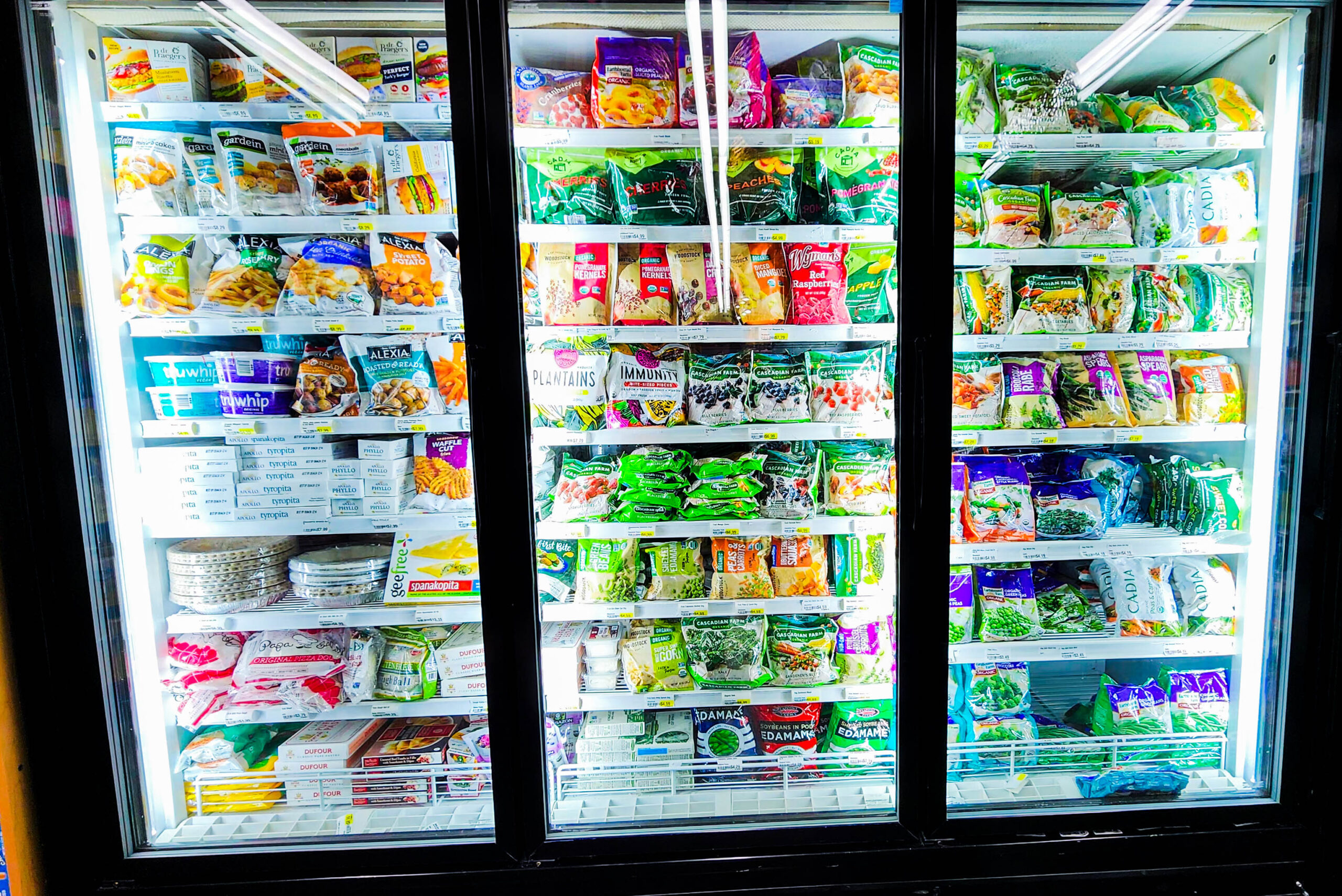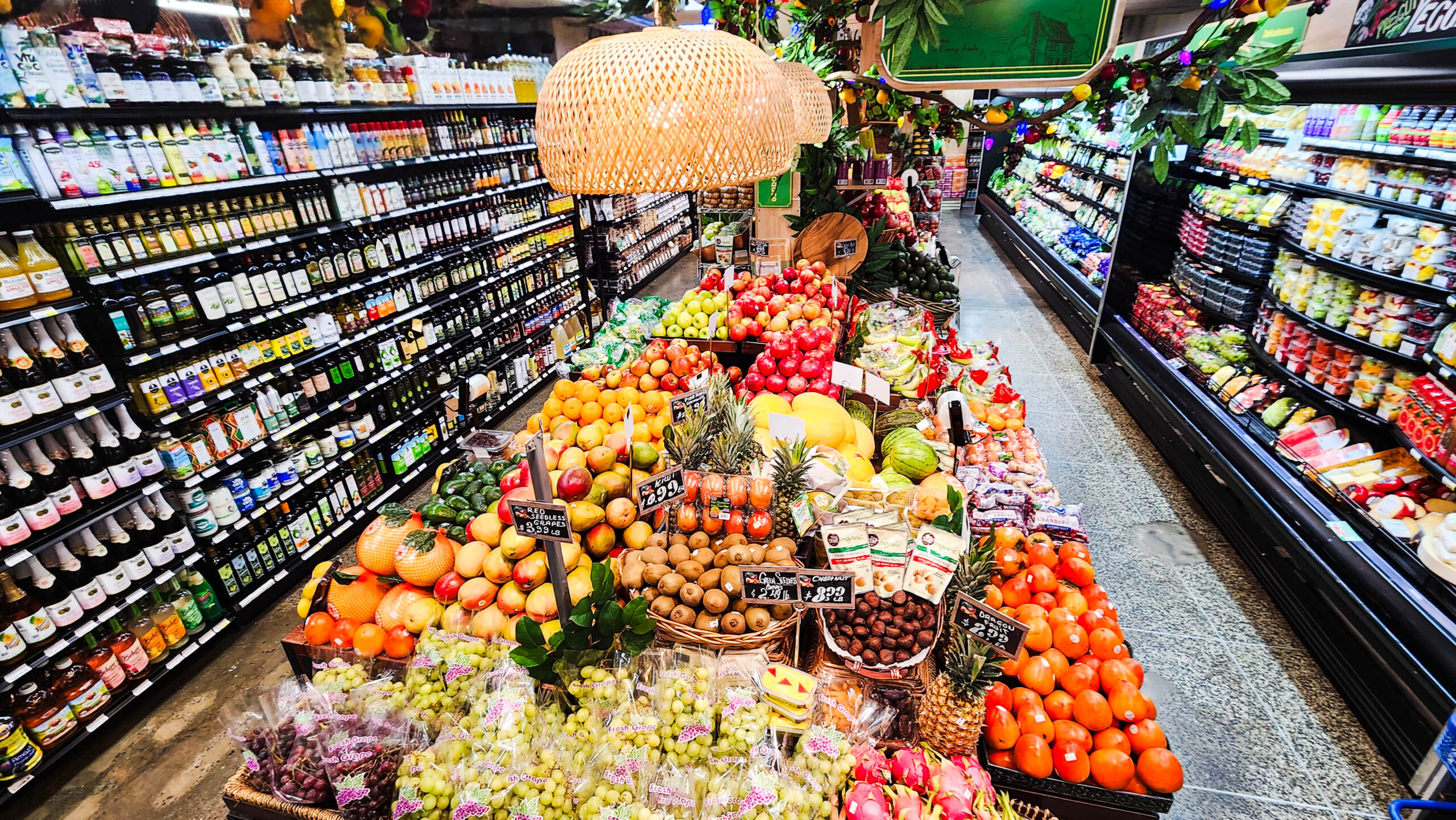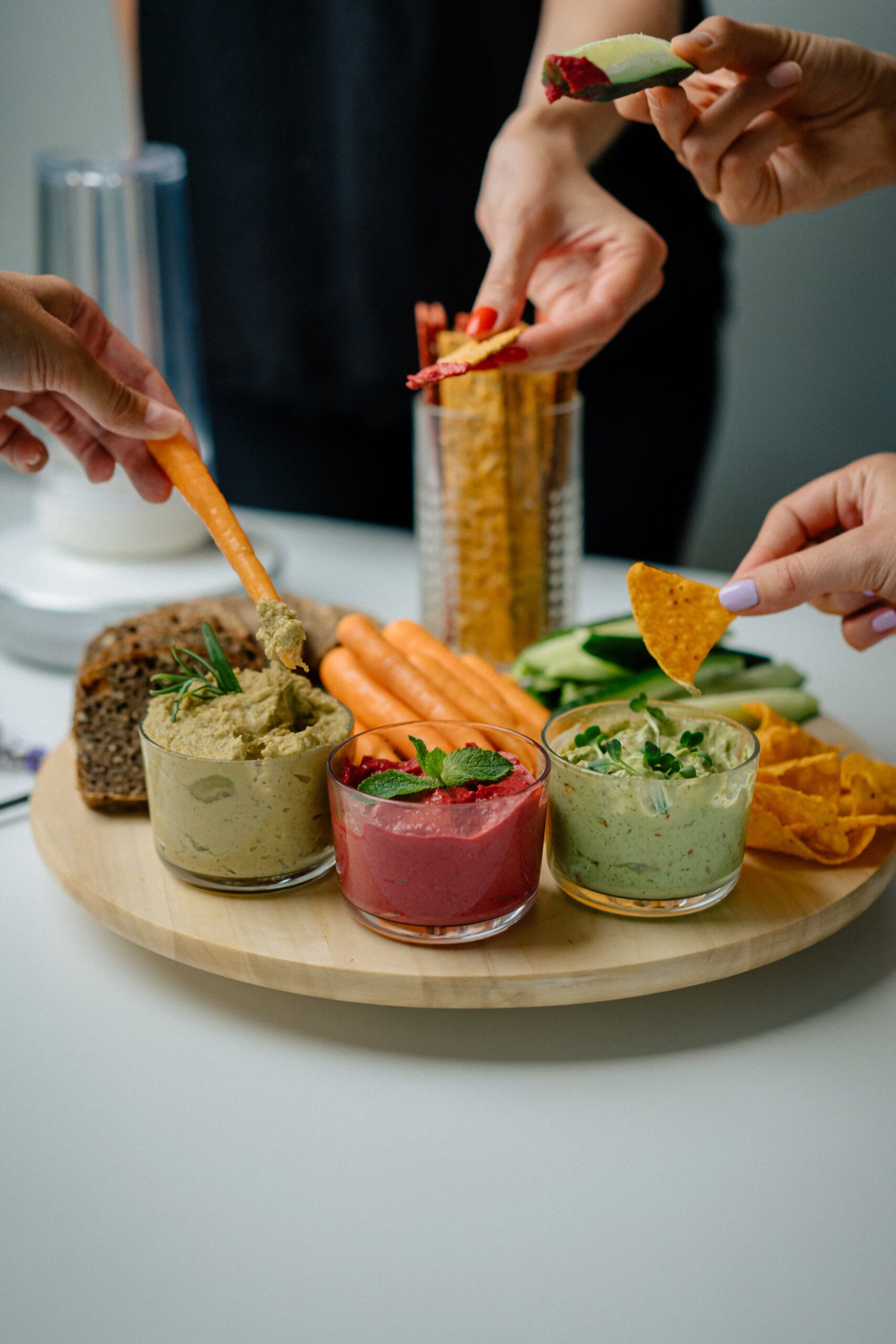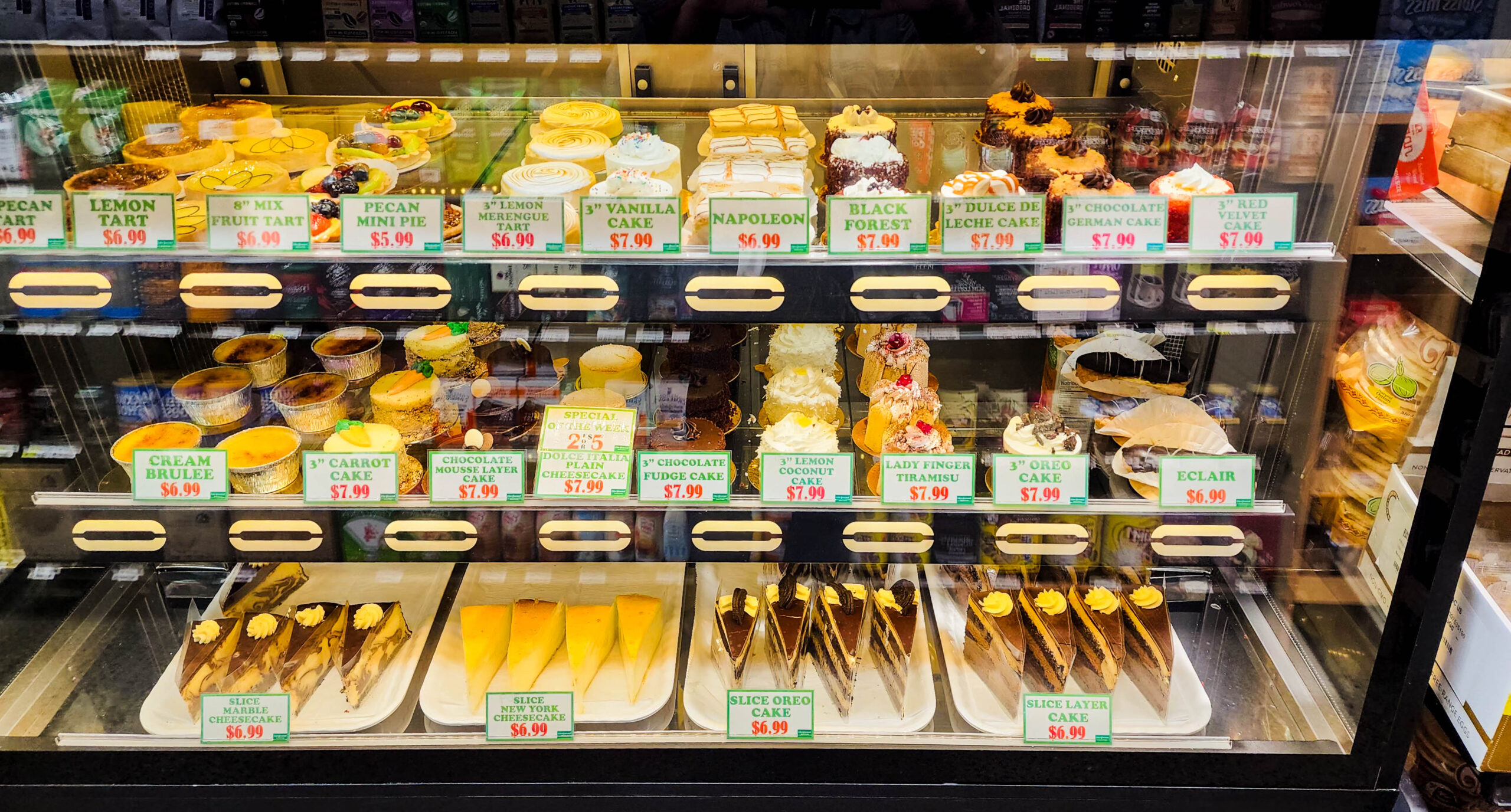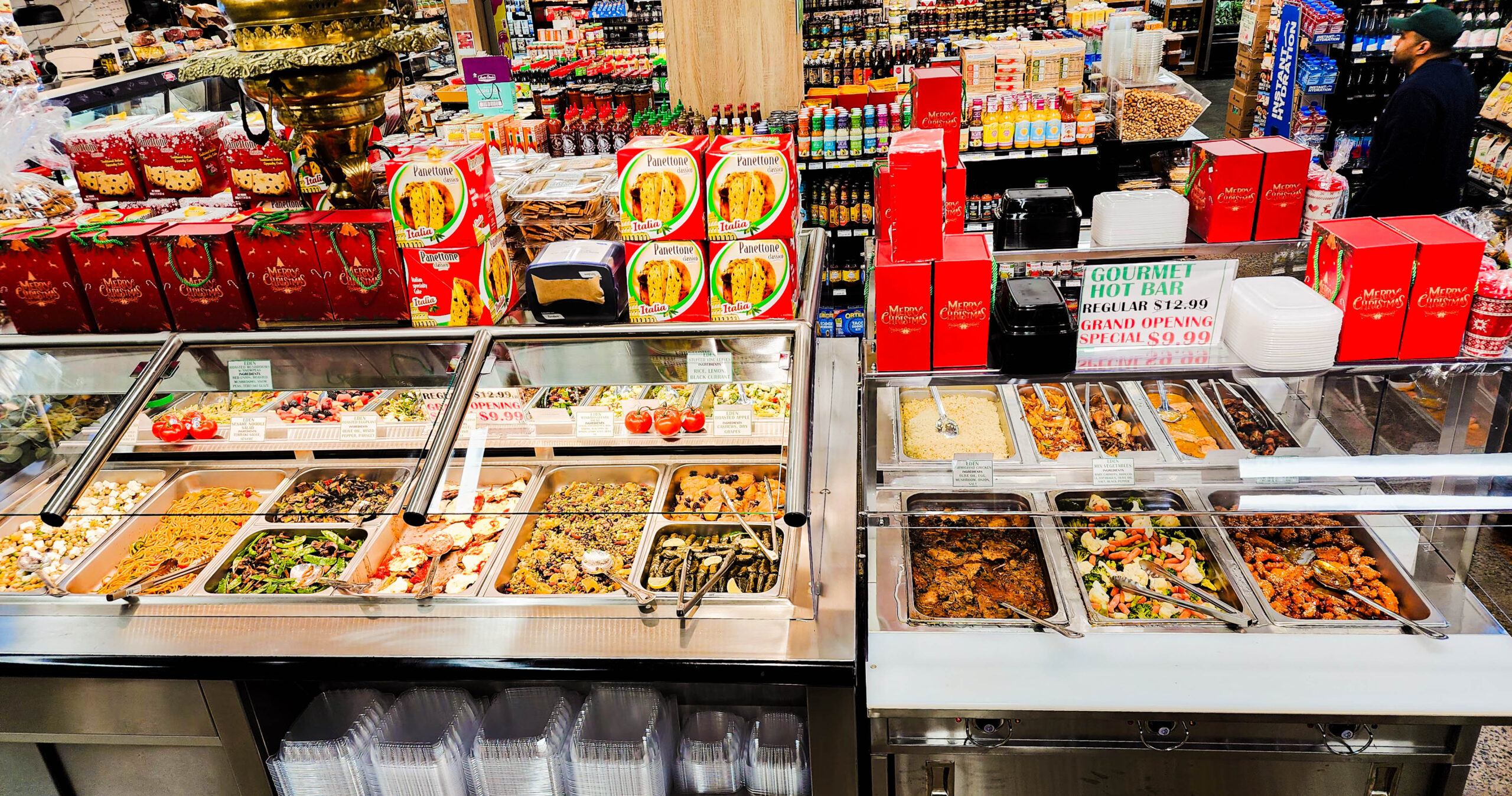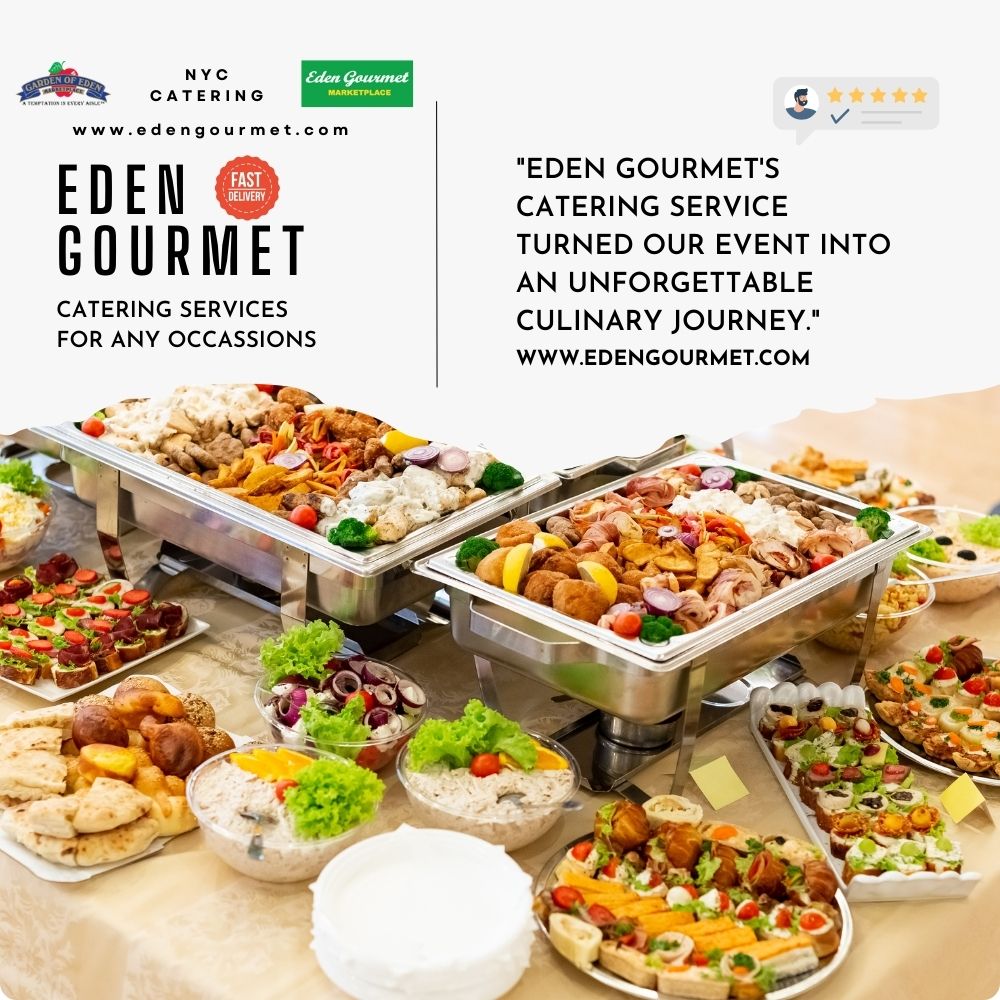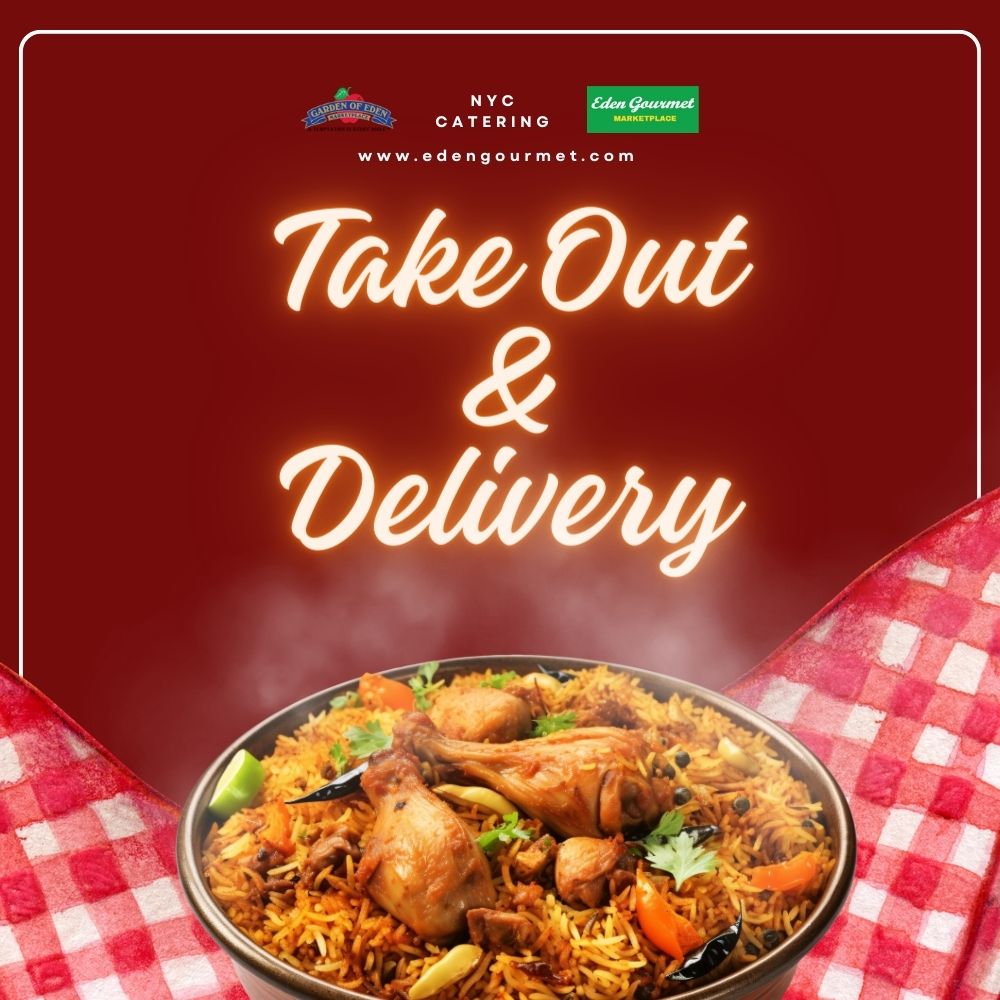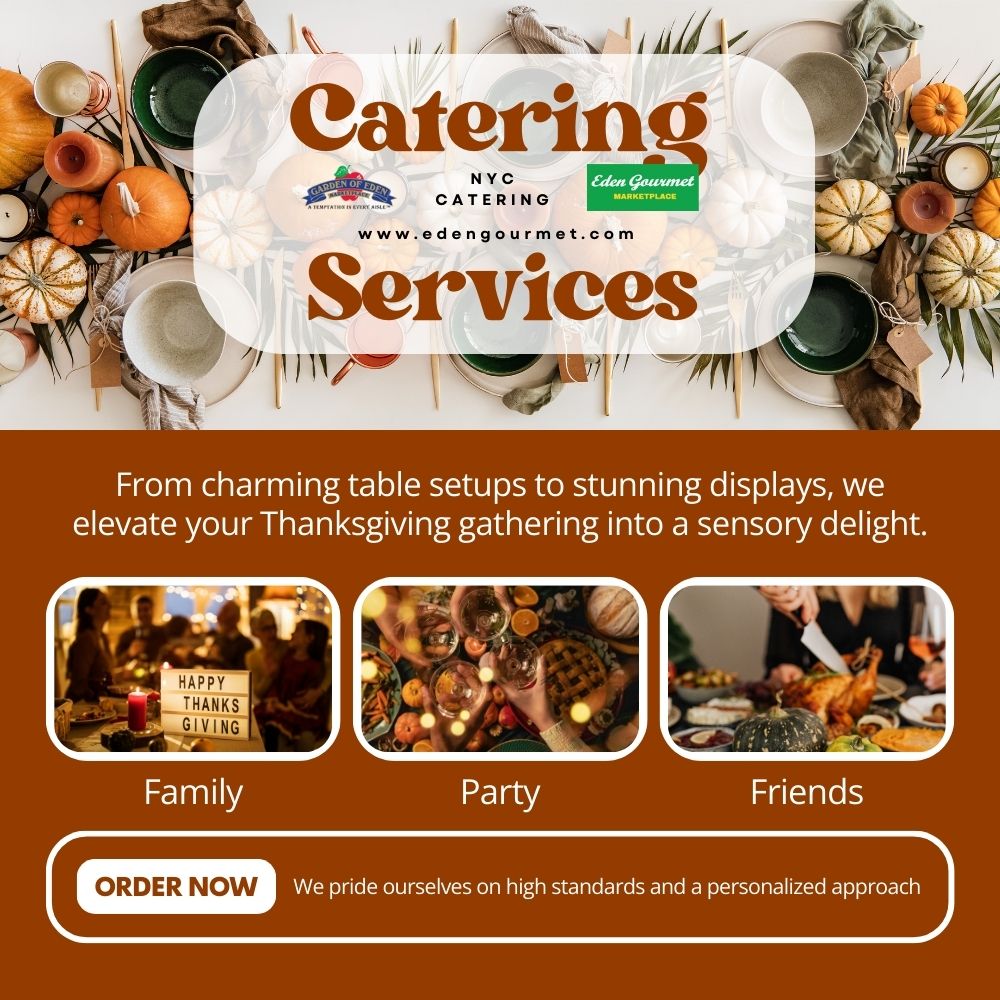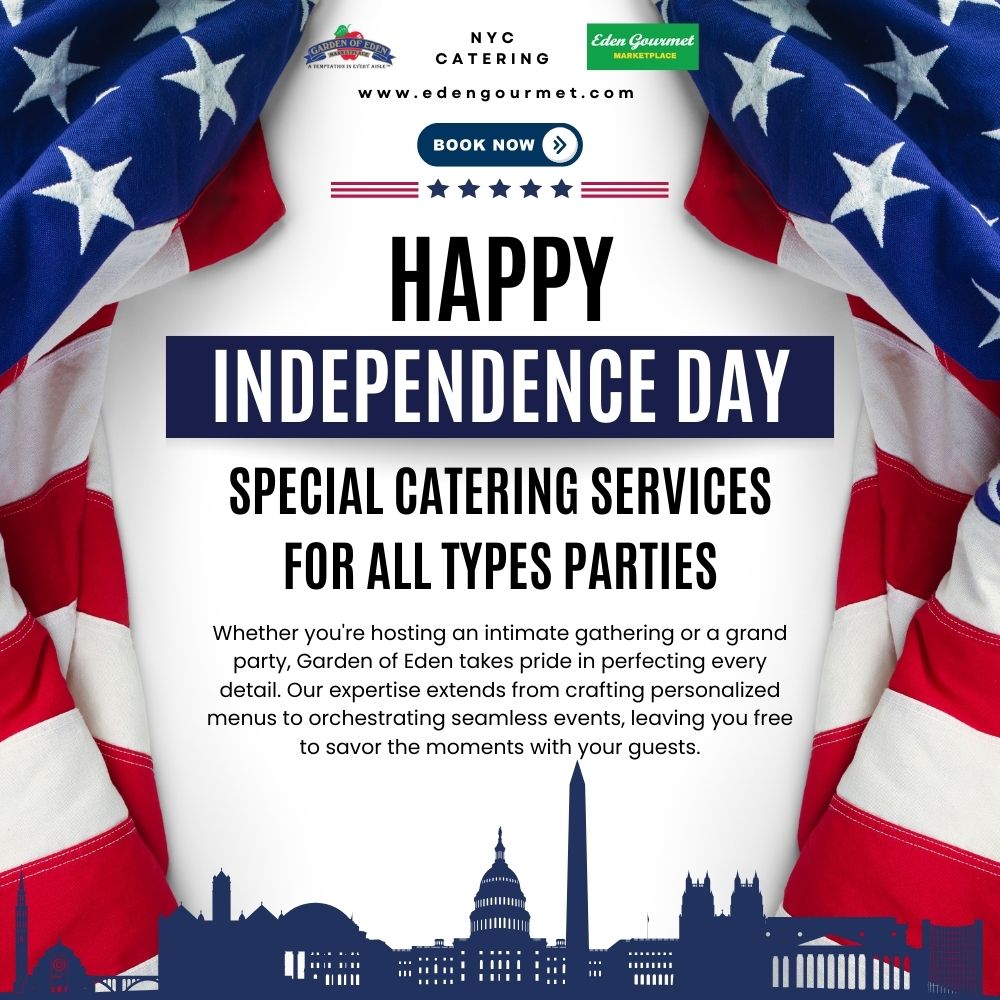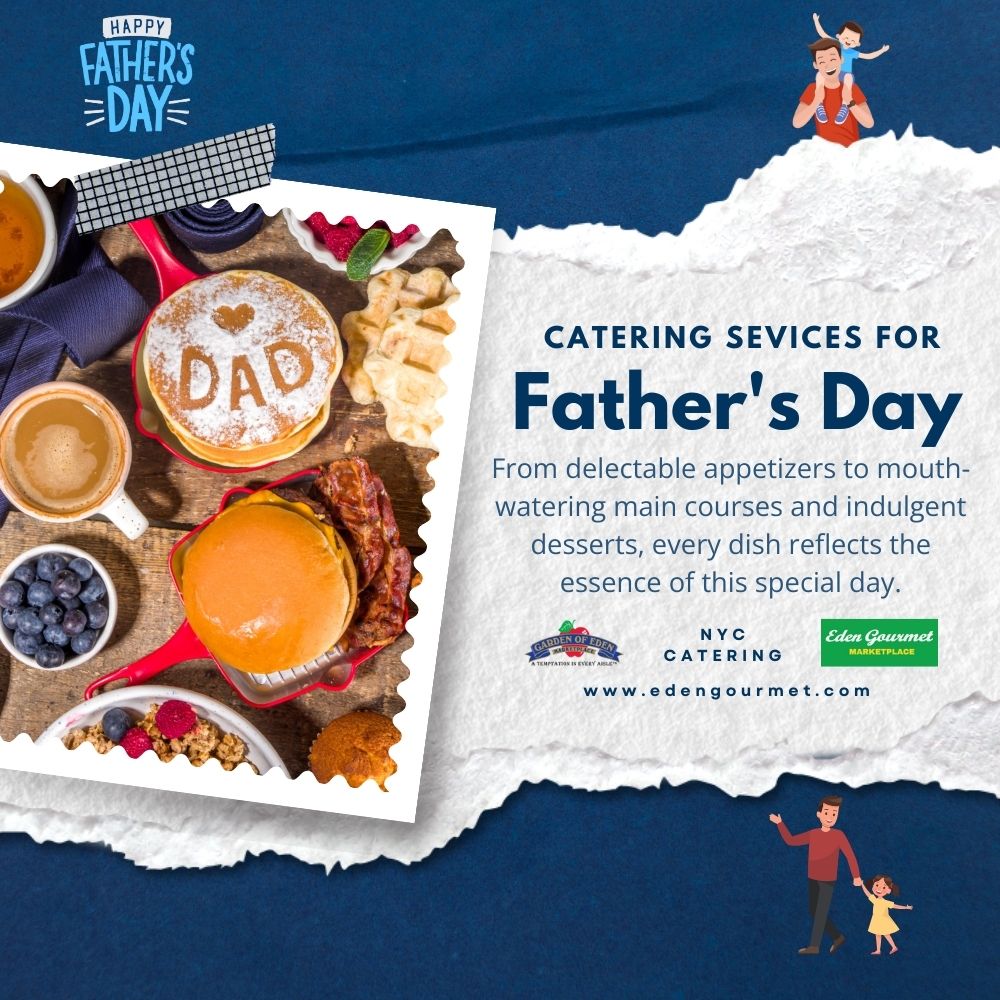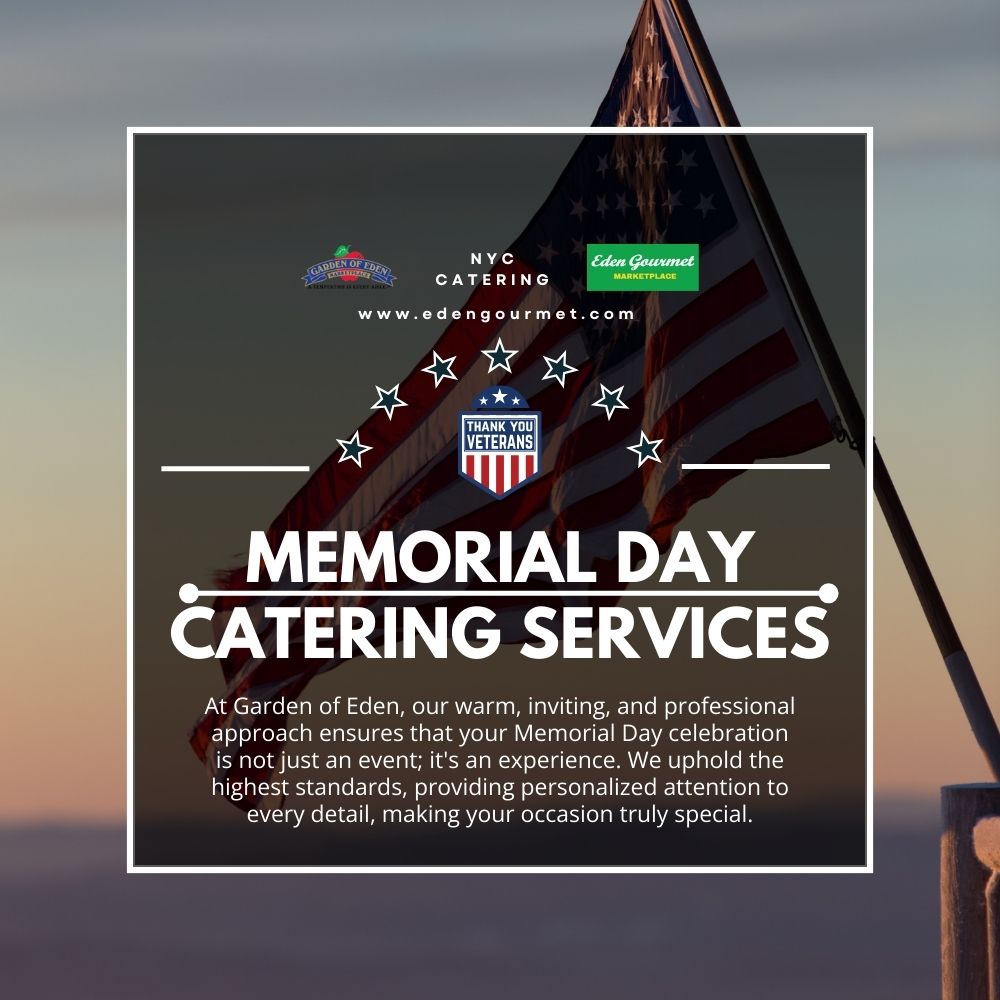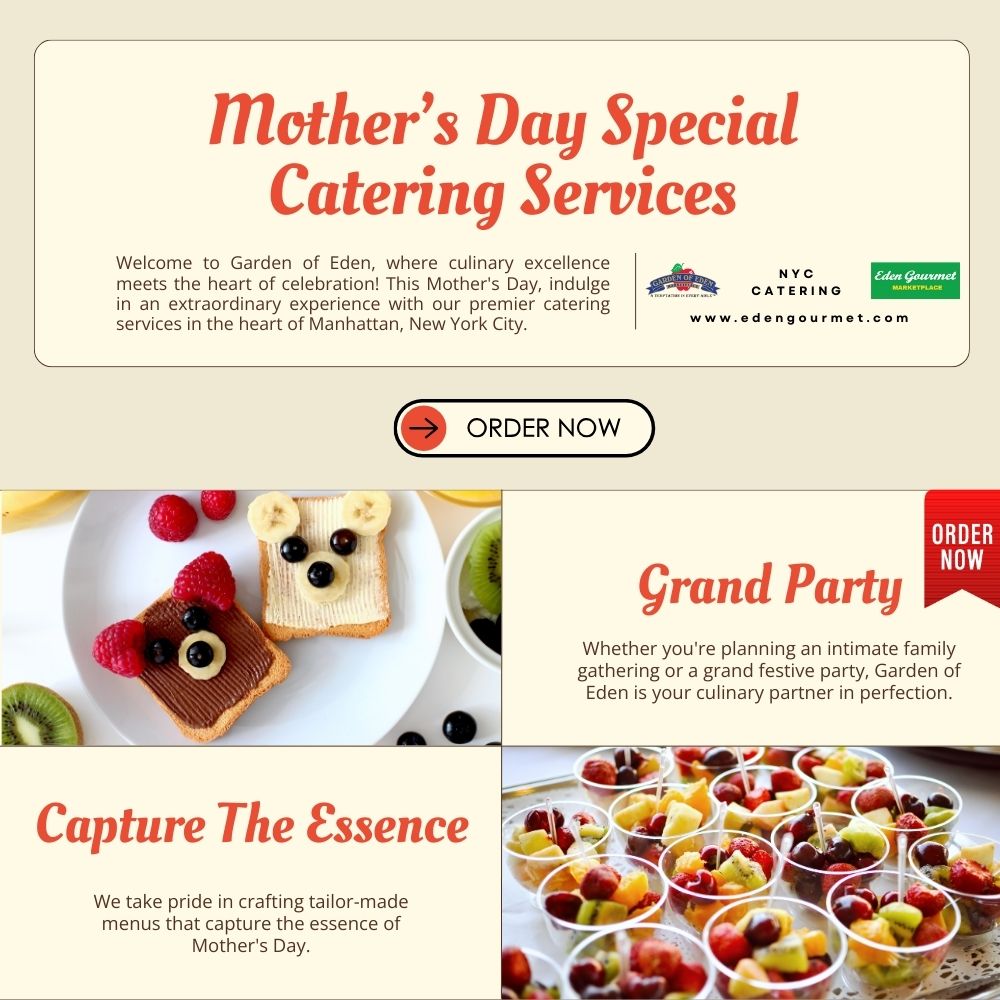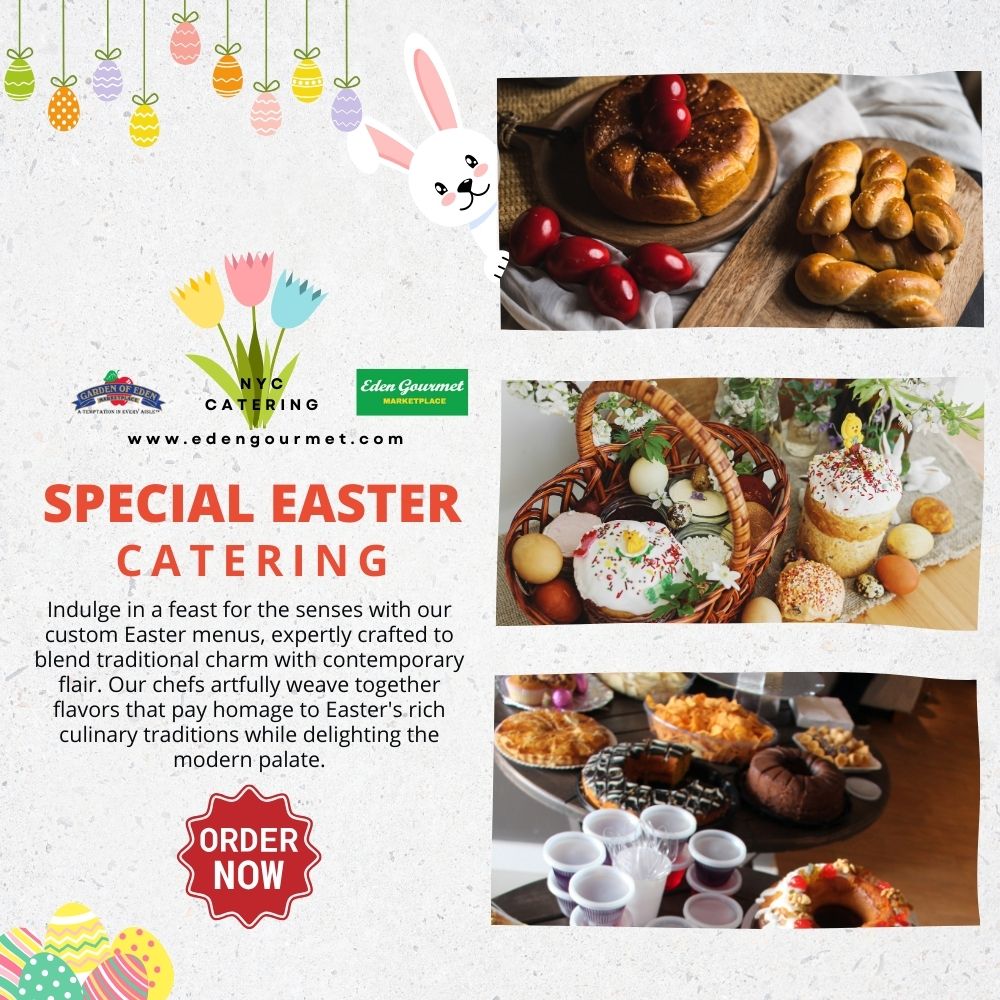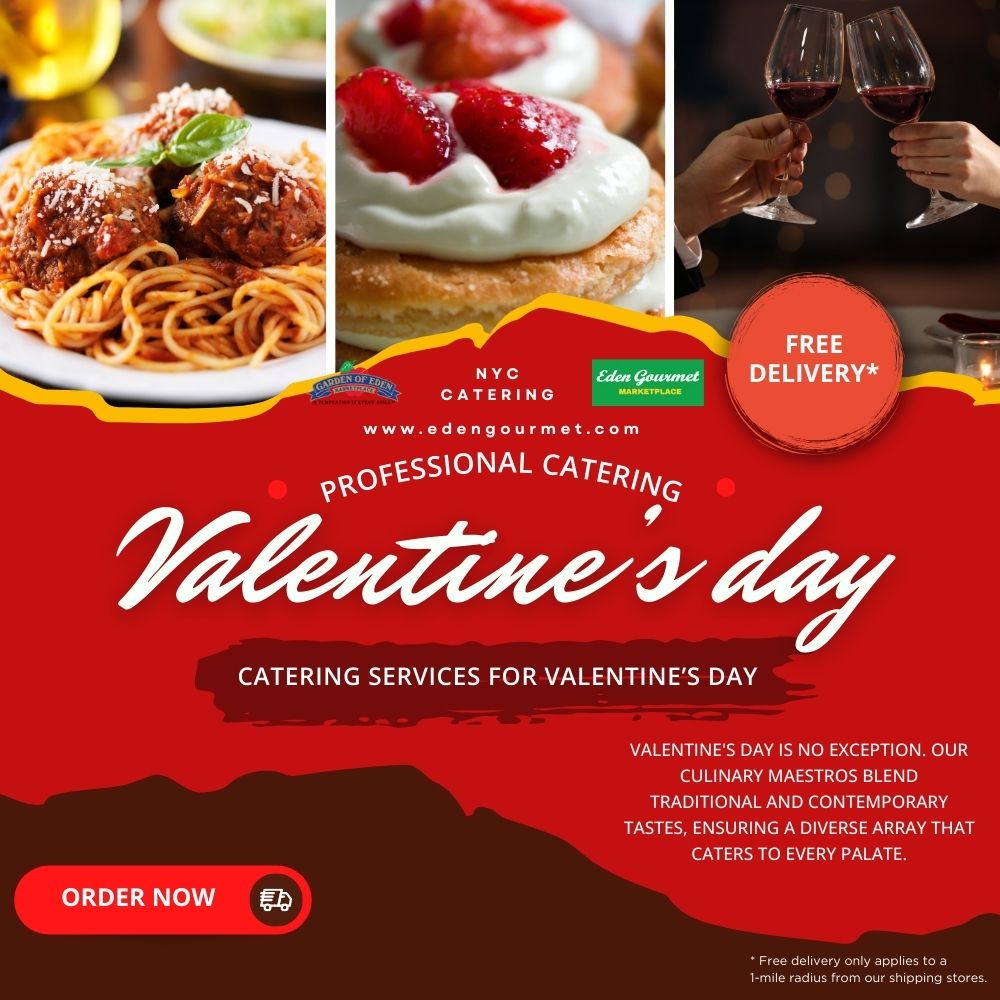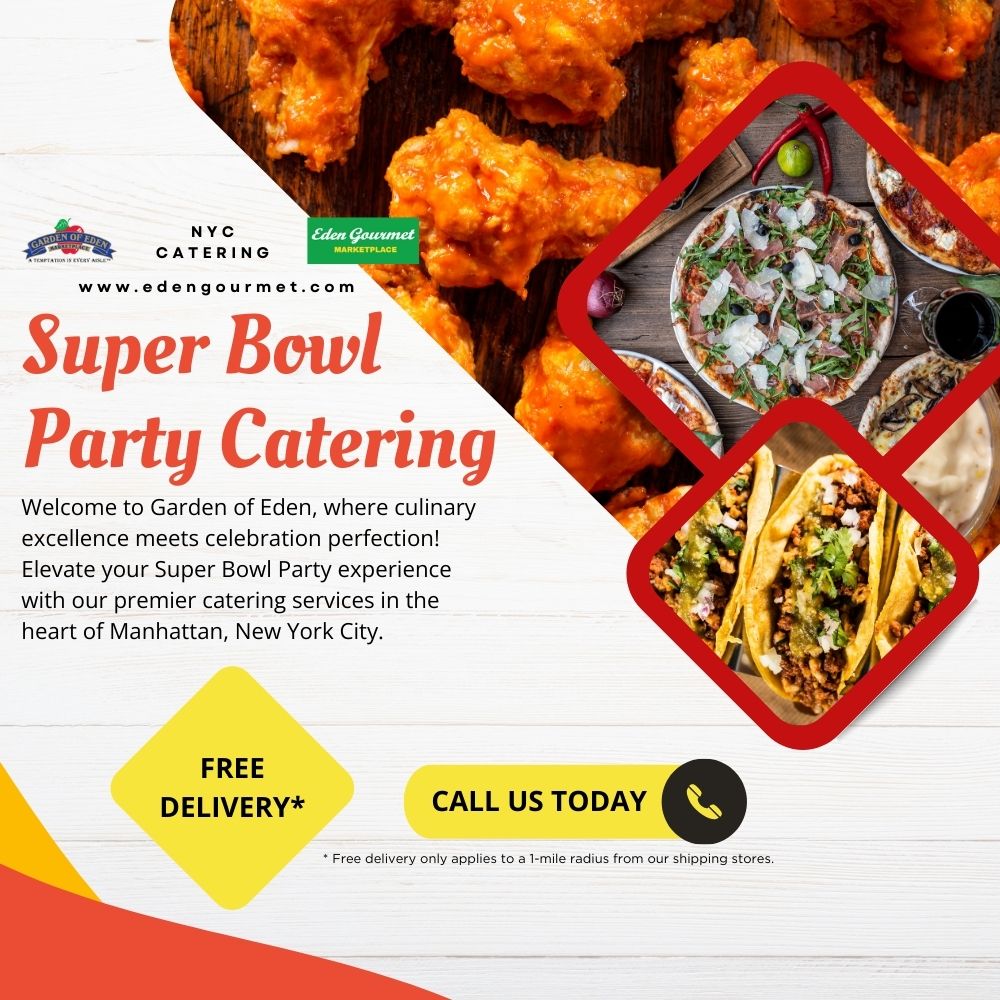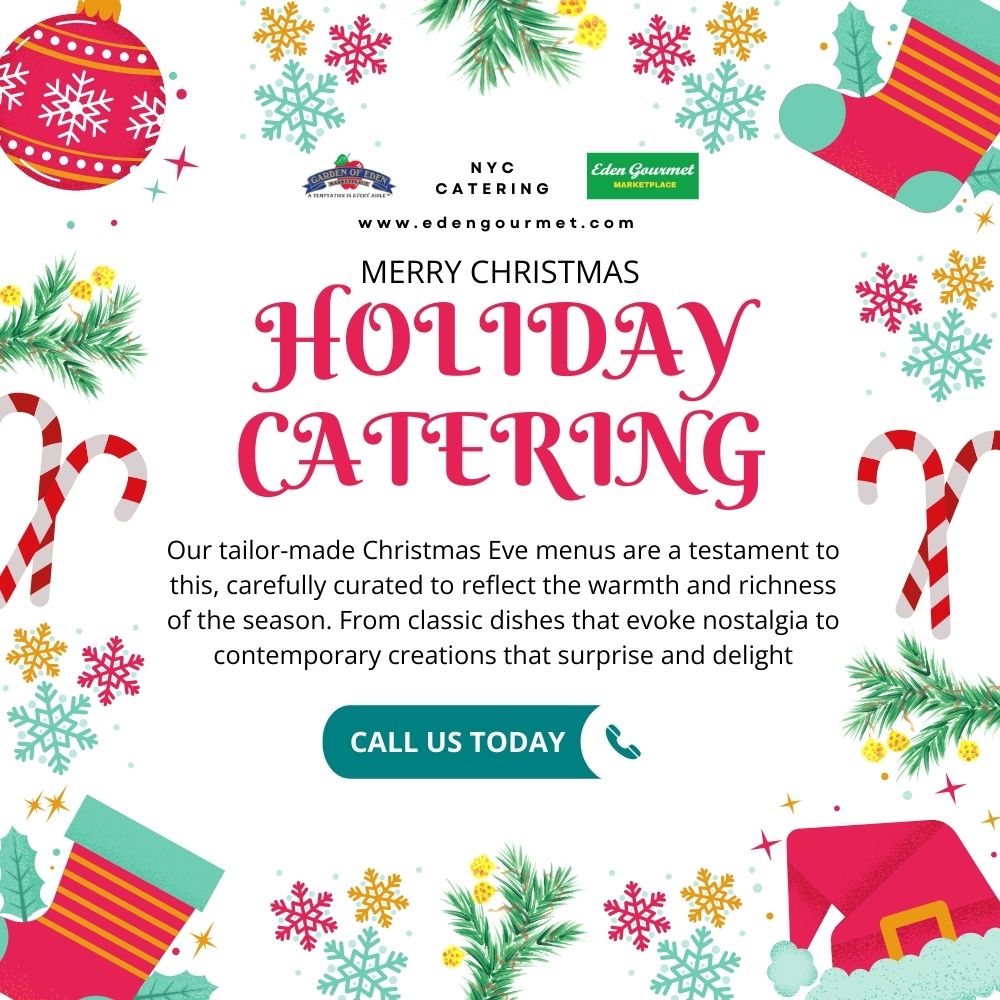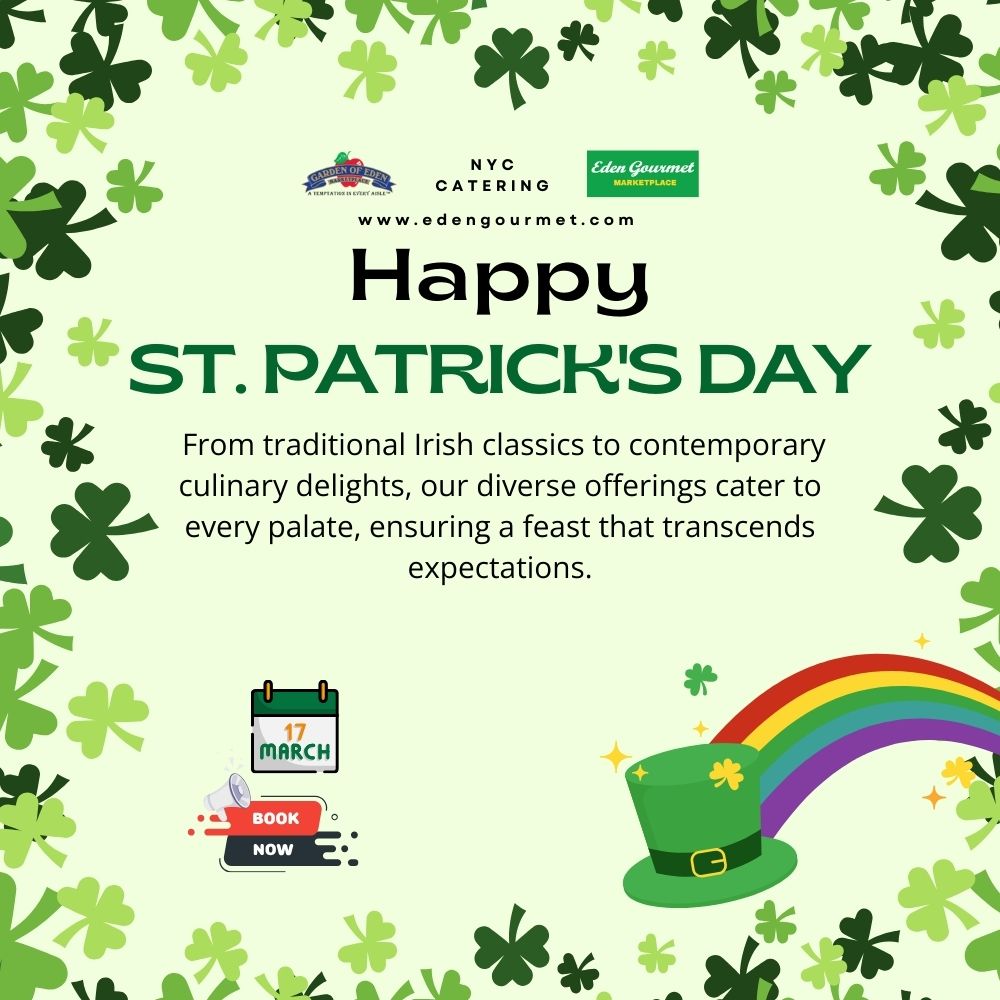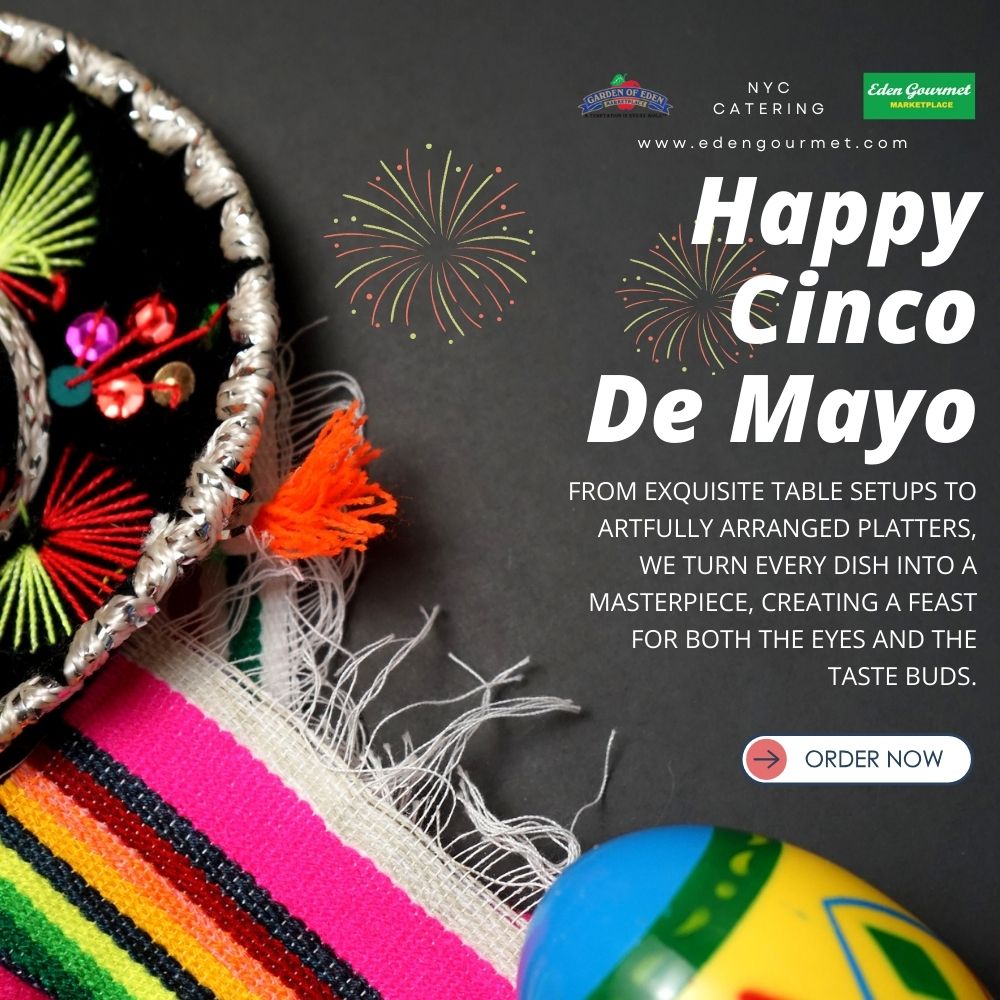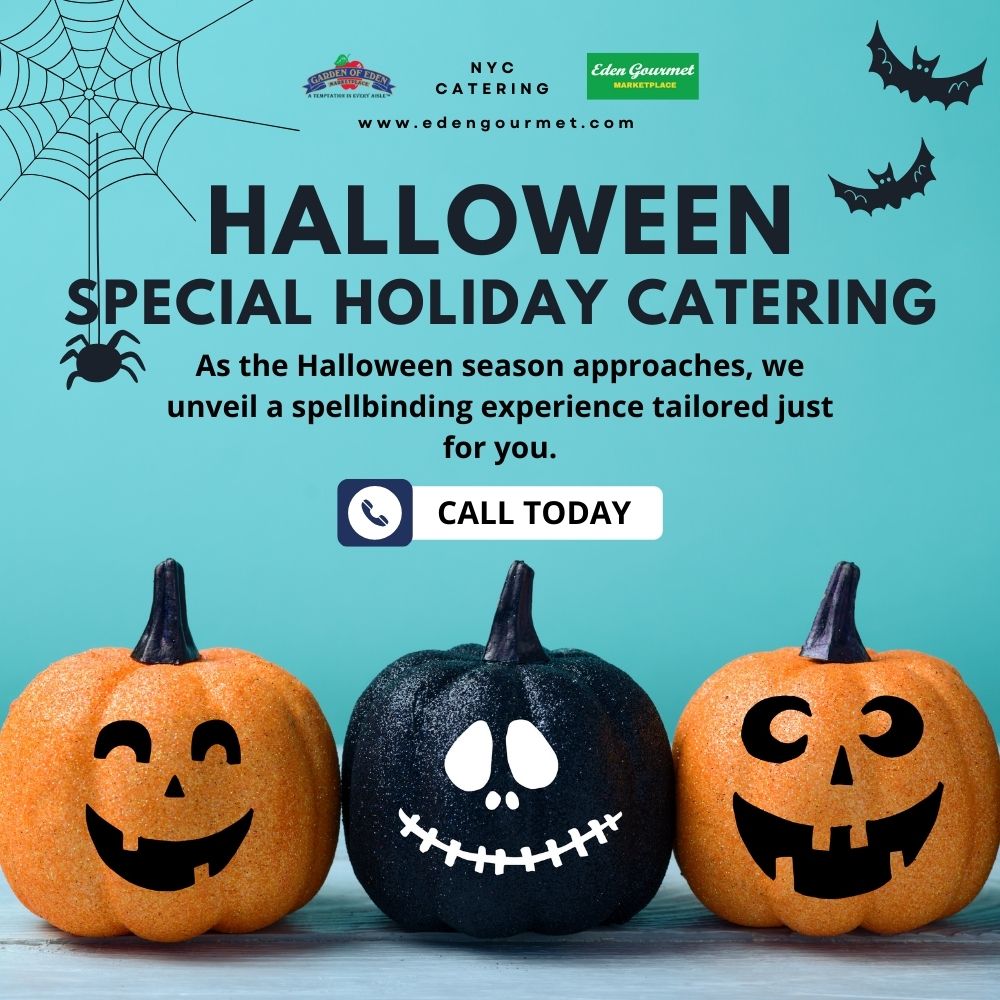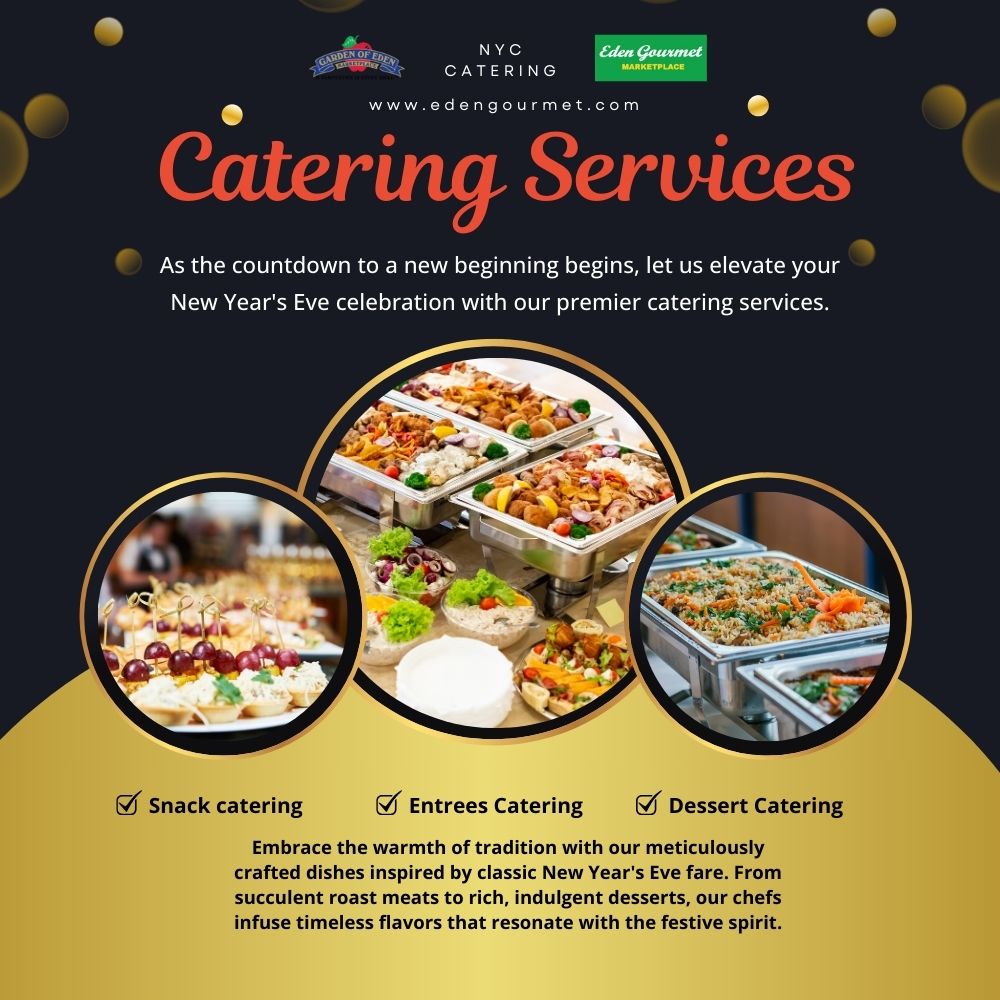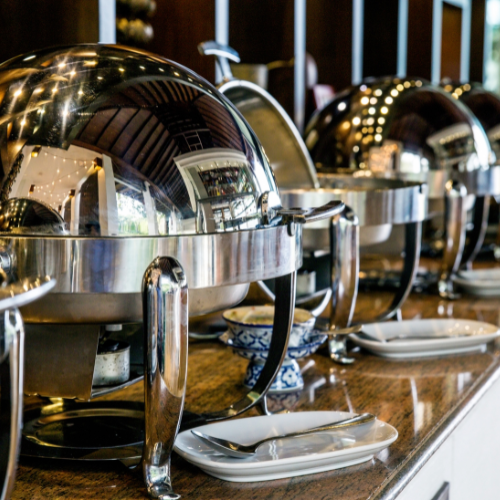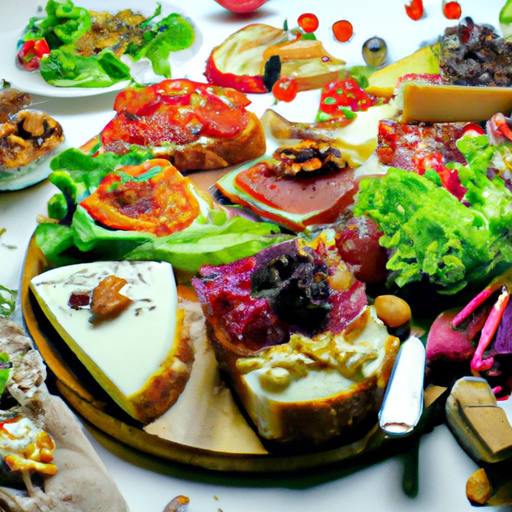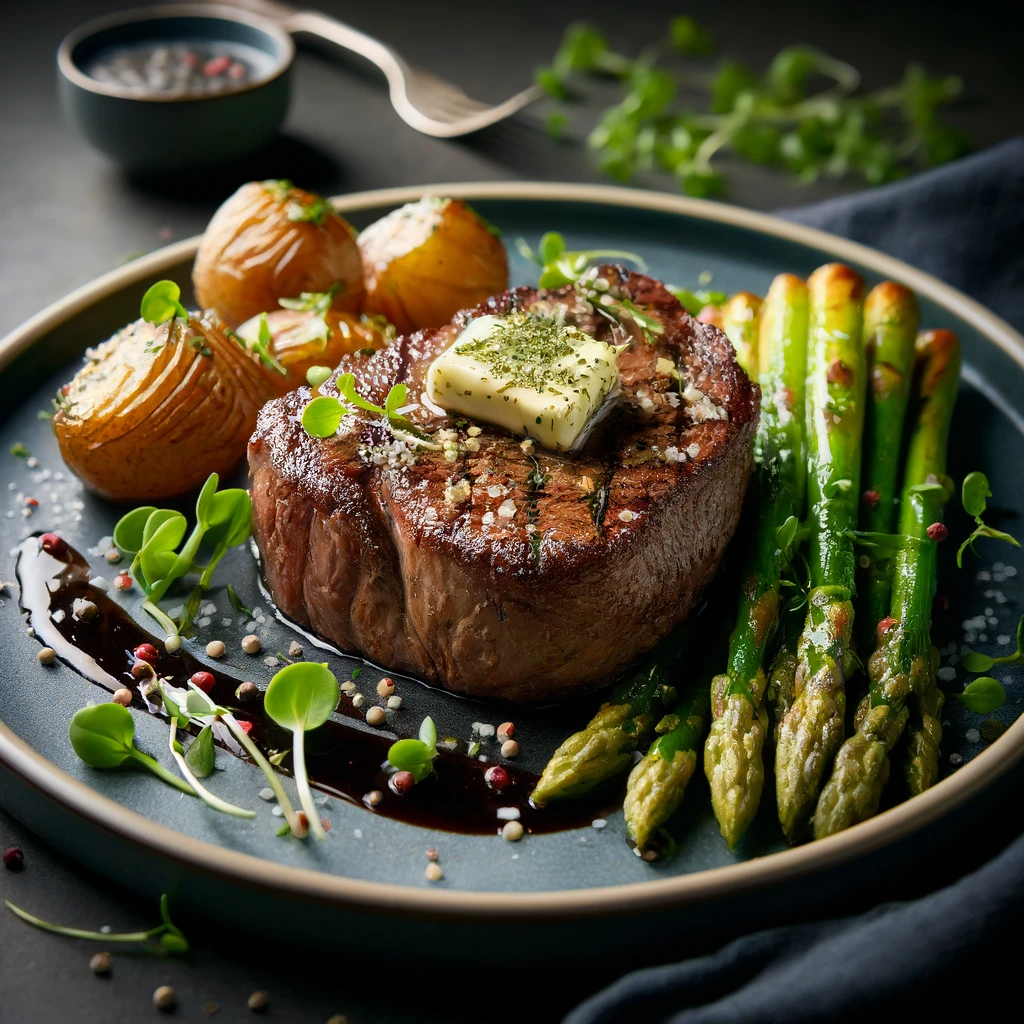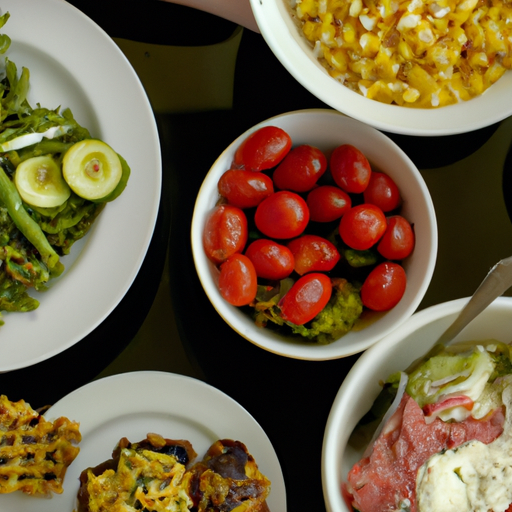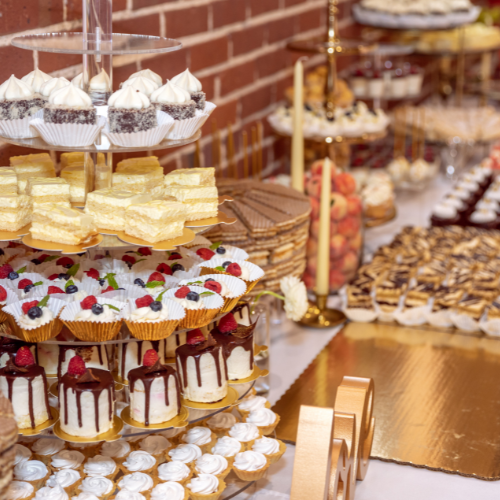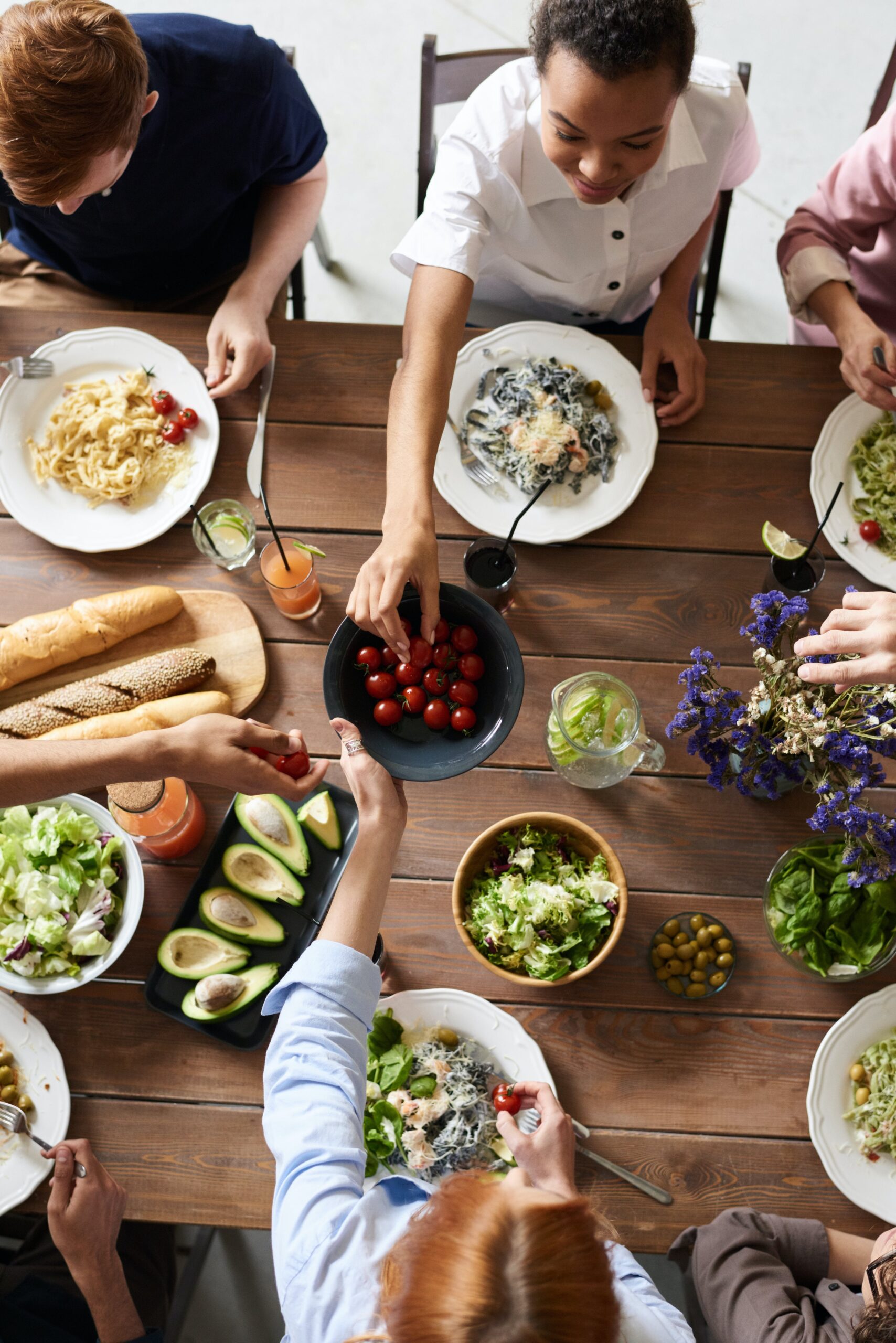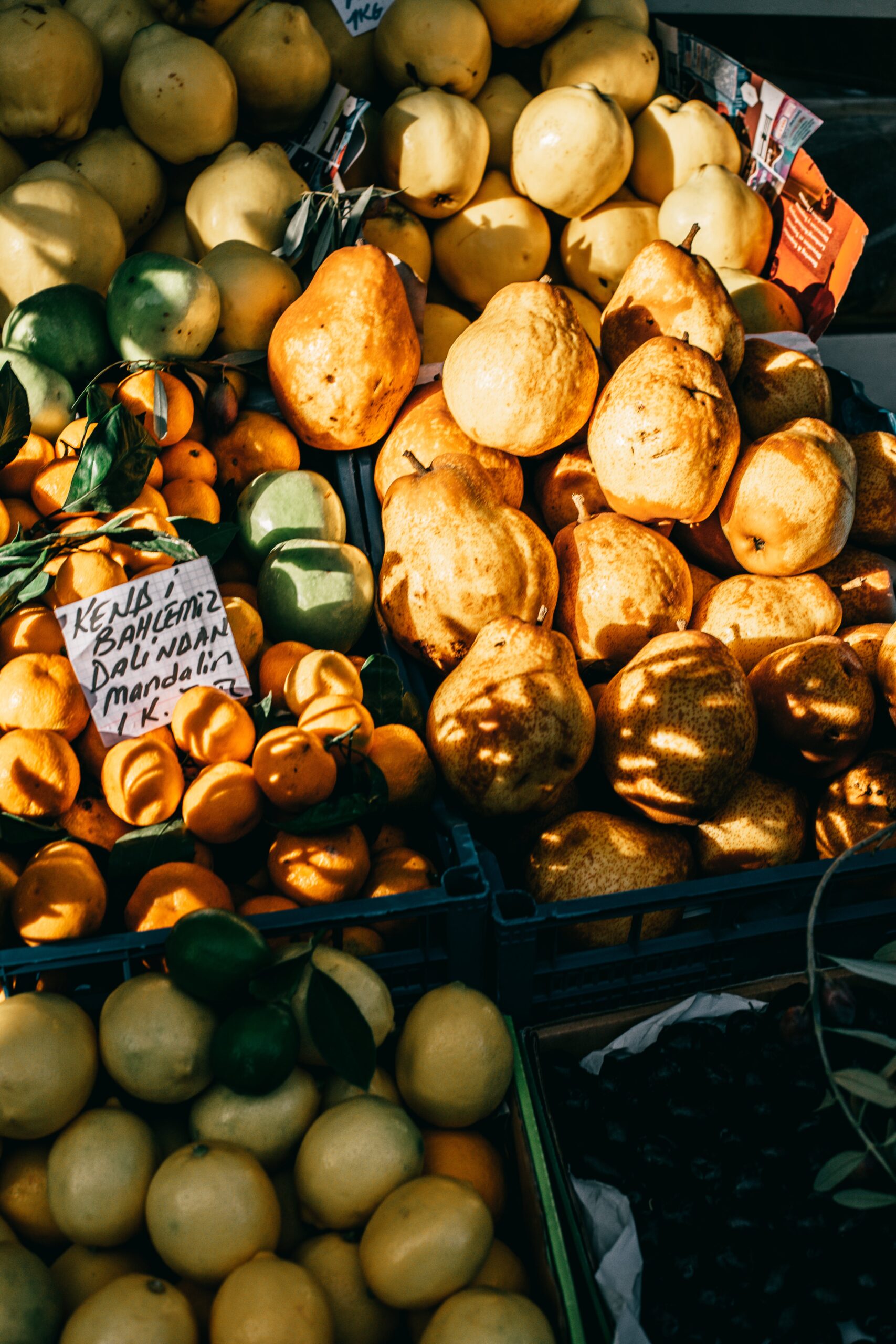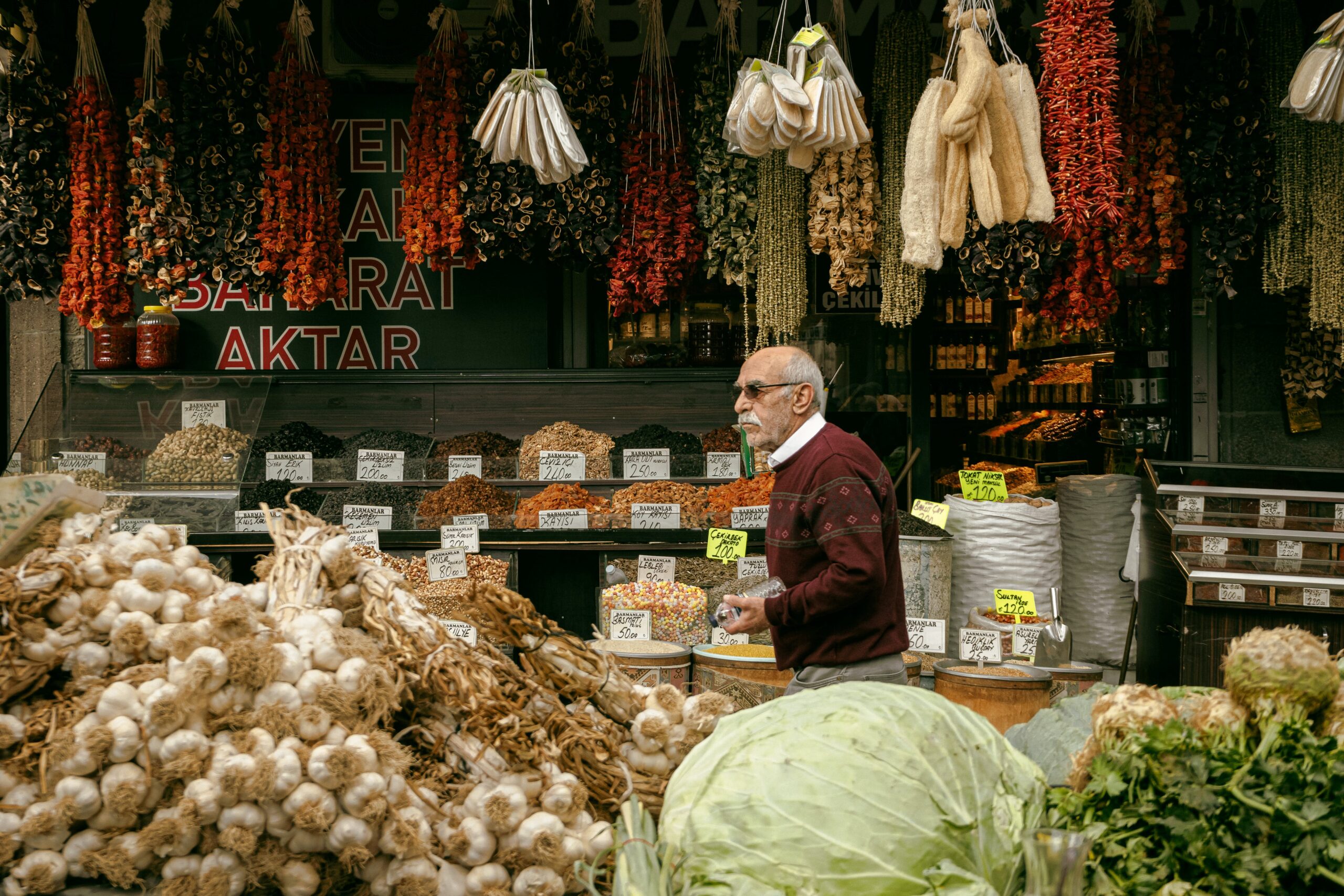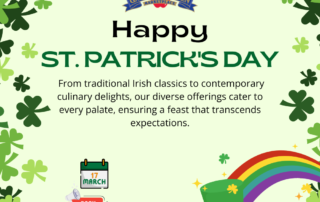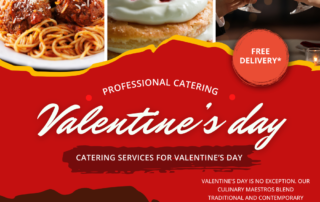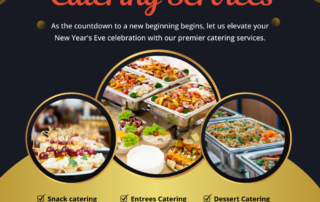Share This Story, Choose Your Platform!
Mastering the Art of Catering: Essential Tips for Successful Event Planning
Event planning is a complex and multifaceted task that requires attention to detail, creativity, and excellent organizational skills. When it comes to catering for events, the stakes are even higher, as the food and beverage offerings can make or break the overall experience for guests. In this comprehensive guide, we will delve into the world of professional catering and event planning, offering valuable insights, strategies, and best practices for creating unforgettable experiences.
Understanding Your Client’s Needs
Before diving into the logistics of catering an event, it is crucial to understand your client’s needs and expectations. Take the time to sit down with them and discuss their vision for the event, including the type of cuisine they prefer, dietary restrictions, budget constraints, and any specific requests they may have. By establishing clear communication and a solid understanding of your client’s needs, you can ensure that the catering experience exceeds their expectations.
Creating a Memorable Menu
One of the most critical aspects of successful event planning is creating a memorable menu that will delight guests and leave a lasting impression. When designing a menu, consider the theme of the event, the time of day, and the preferences of your client and their guests. Offer a diverse selection of dishes that cater to different dietary restrictions and preferences, including vegetarian, vegan, gluten-free, and dairy-free options.
Attention to Detail
Attention to detail is key when it comes to catering an event. From the presentation of the food to the quality of the ingredients, every aspect of the catering experience should be carefully considered. Pay close attention to the aesthetics of the dishes, ensuring that they are visually appealing and Instagram-worthy. Additionally, use high-quality ingredients and fresh produce to elevate the overall dining experience for guests.
Logistics and Planning
Logistics and planning are essential components of successful event catering. Create a detailed timeline that outlines all the tasks that need to be completed leading up to the event, including menu planning, ingredient sourcing, staffing, and setup. Coordinate with vendors, suppliers, and staff to ensure that everything runs smoothly on the day of the event. Be prepared for any last-minute changes or emergencies, and have a backup plan in place to handle unforeseen circumstances.
Staffing and Service
The quality of service can make a significant impact on the overall guest experience. Hire experienced and professional staff who are well-trained in customer service and hospitality. Ensure that your staff is knowledgeable about the menu and can answer any questions that guests may have about the food and beverage offerings. Provide ongoing training and support to your staff to ensure that they deliver exceptional service throughout the event.
Summary
In conclusion, mastering the art of catering requires a combination of creativity, attention to detail, and excellent organizational skills. By understanding your client’s needs, creating a memorable menu, paying attention to detail, and carefully planning logistics and staffing, you can ensure a successful event catering experience that will leave a lasting impression on guests. Remember to always strive for excellence in every aspect of your catering service, from the quality of the food to the level of service provided. With these essential tips and best practices in mind, you can elevate your catering business to new heights and create unforgettable experiences for your clients and their guests.

